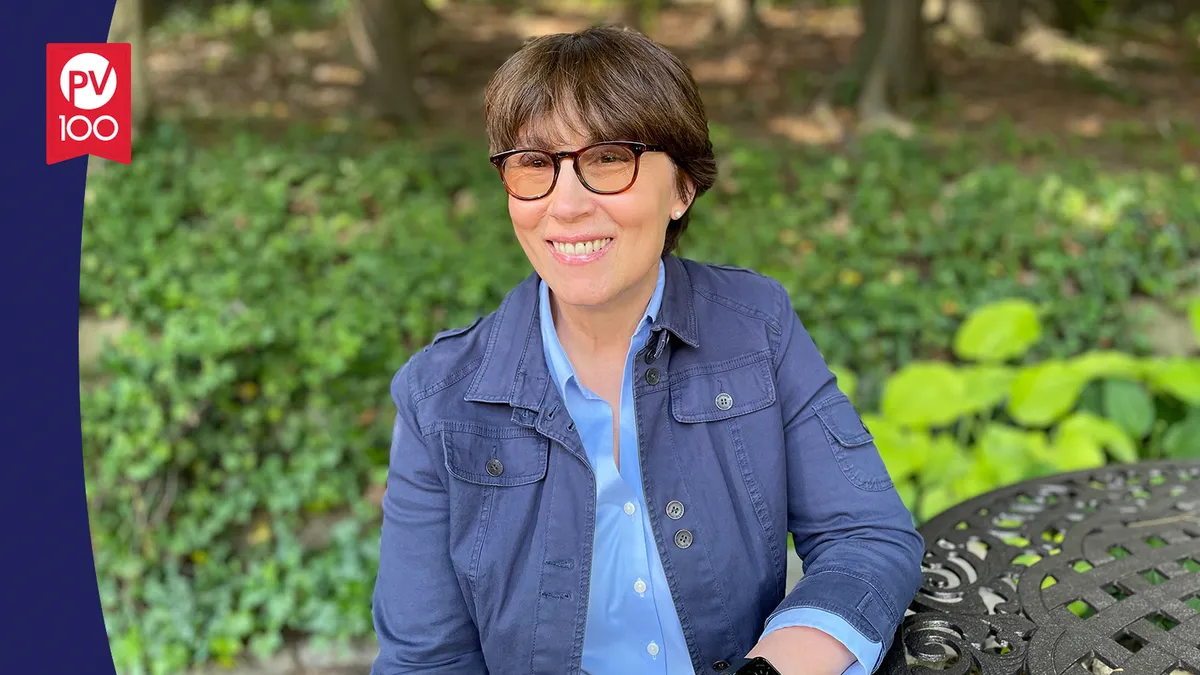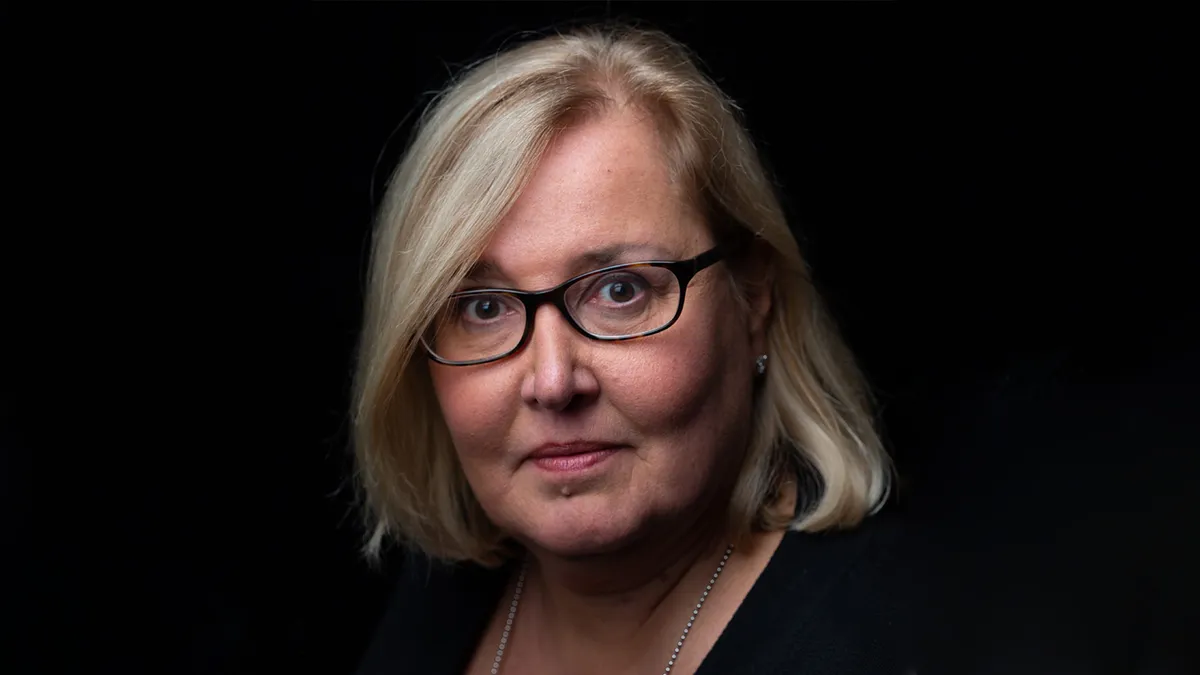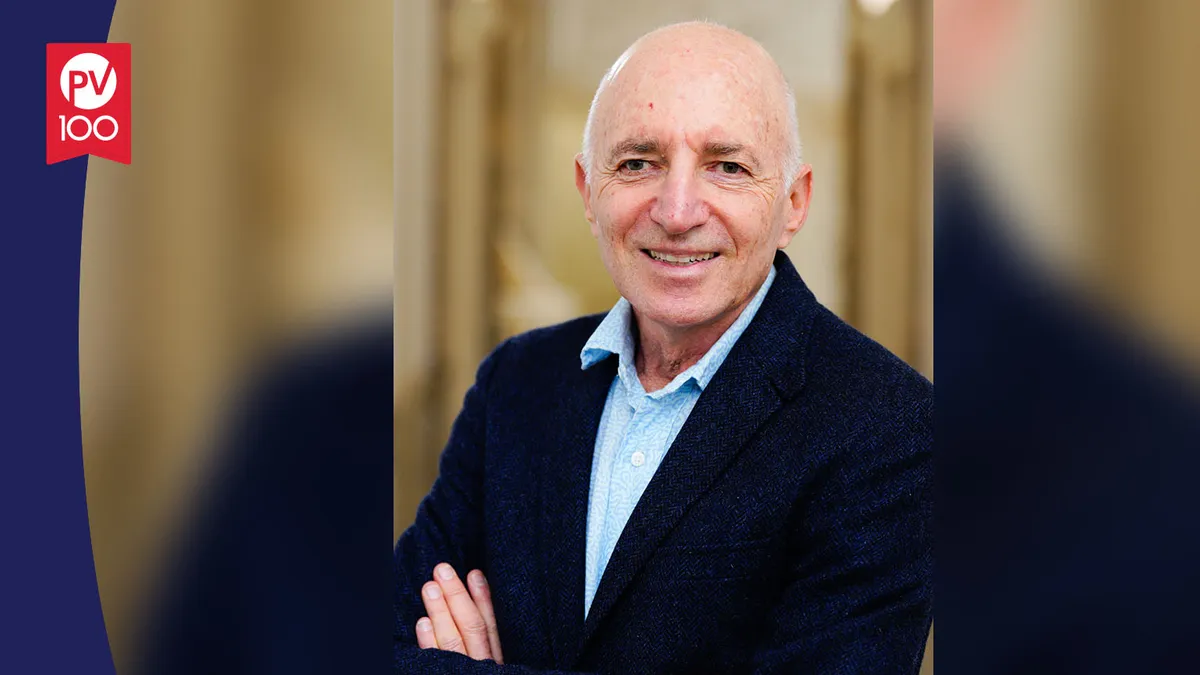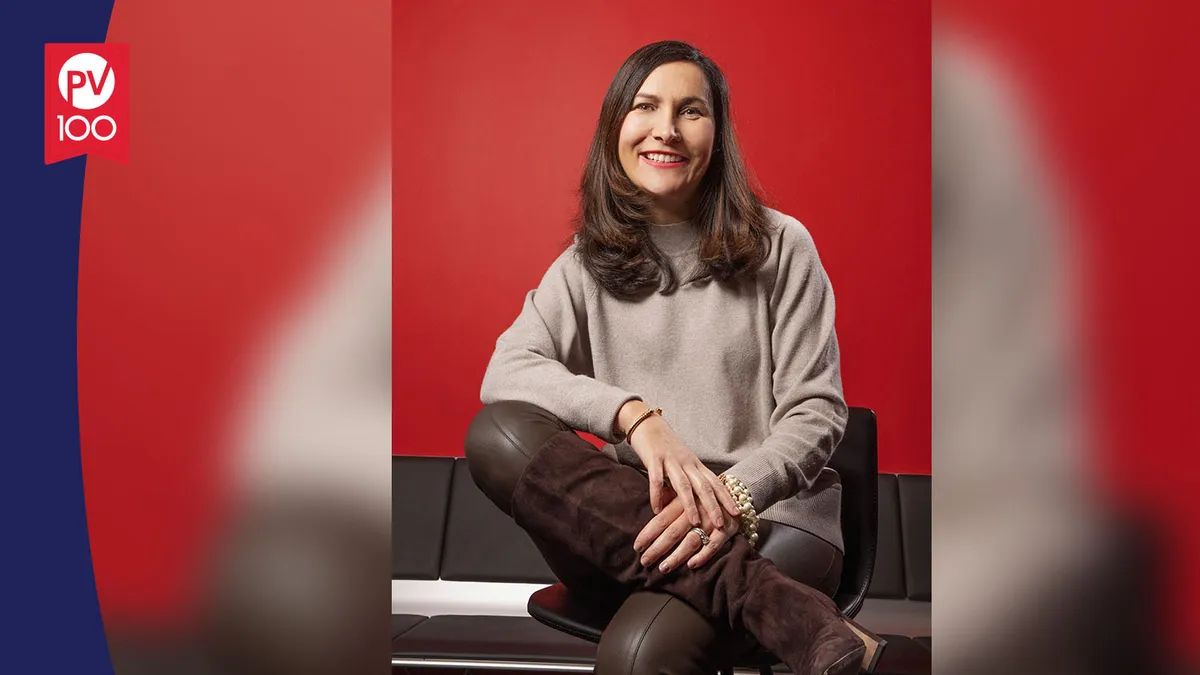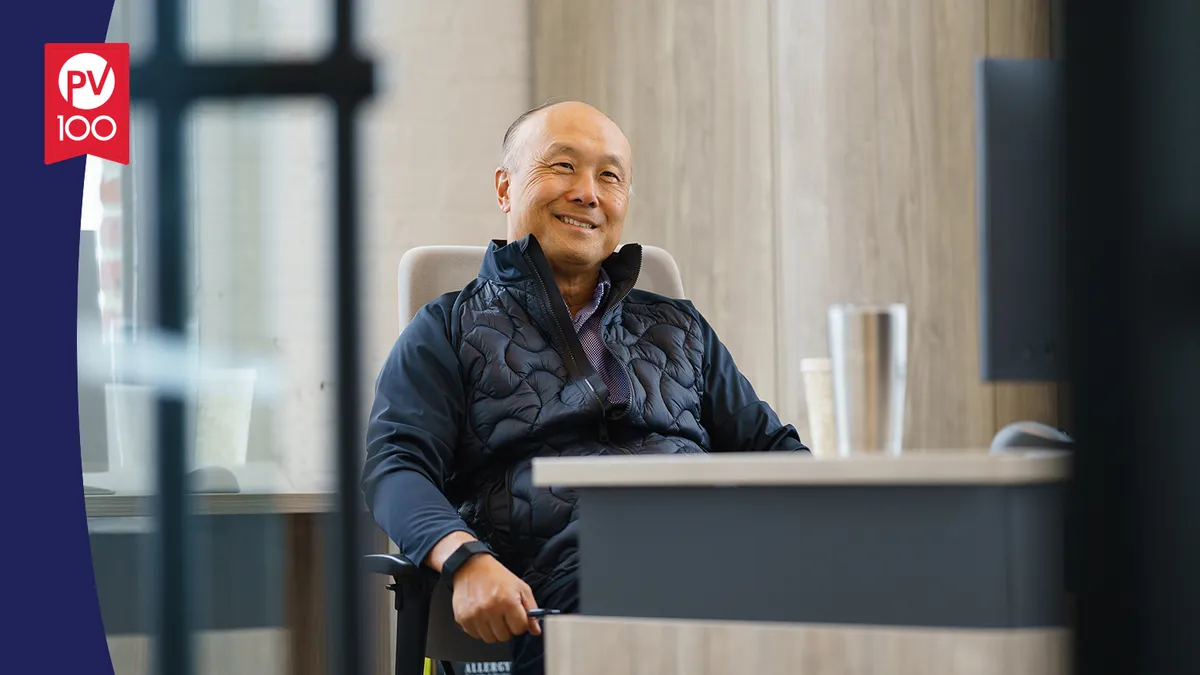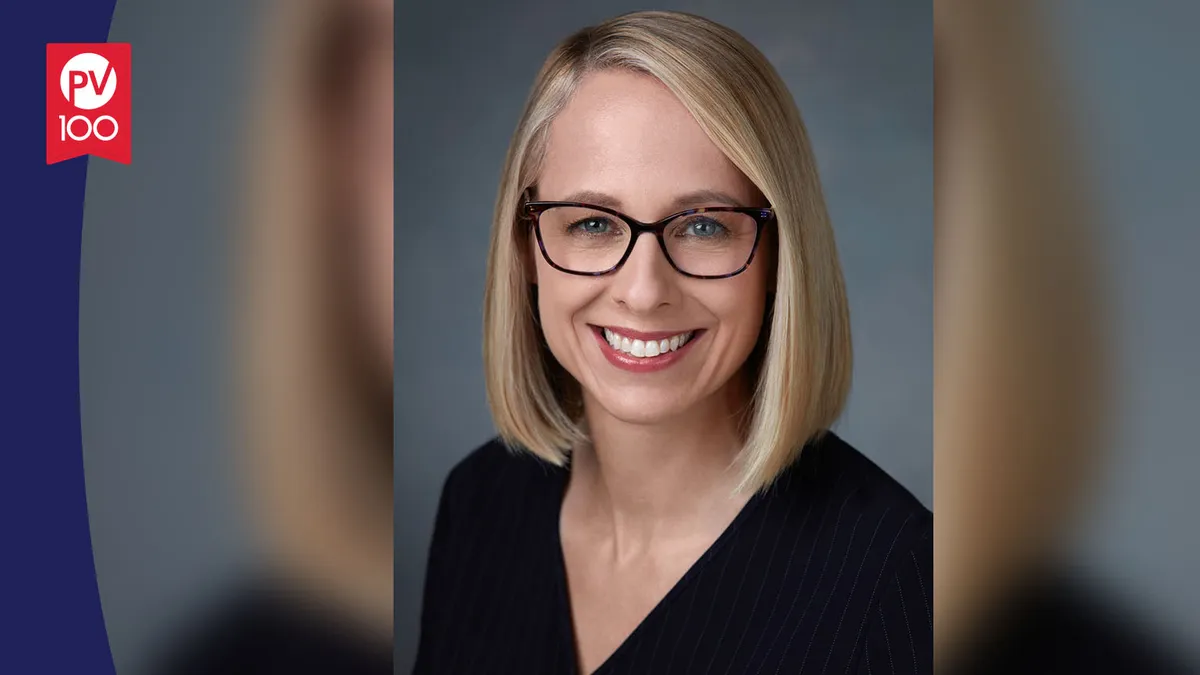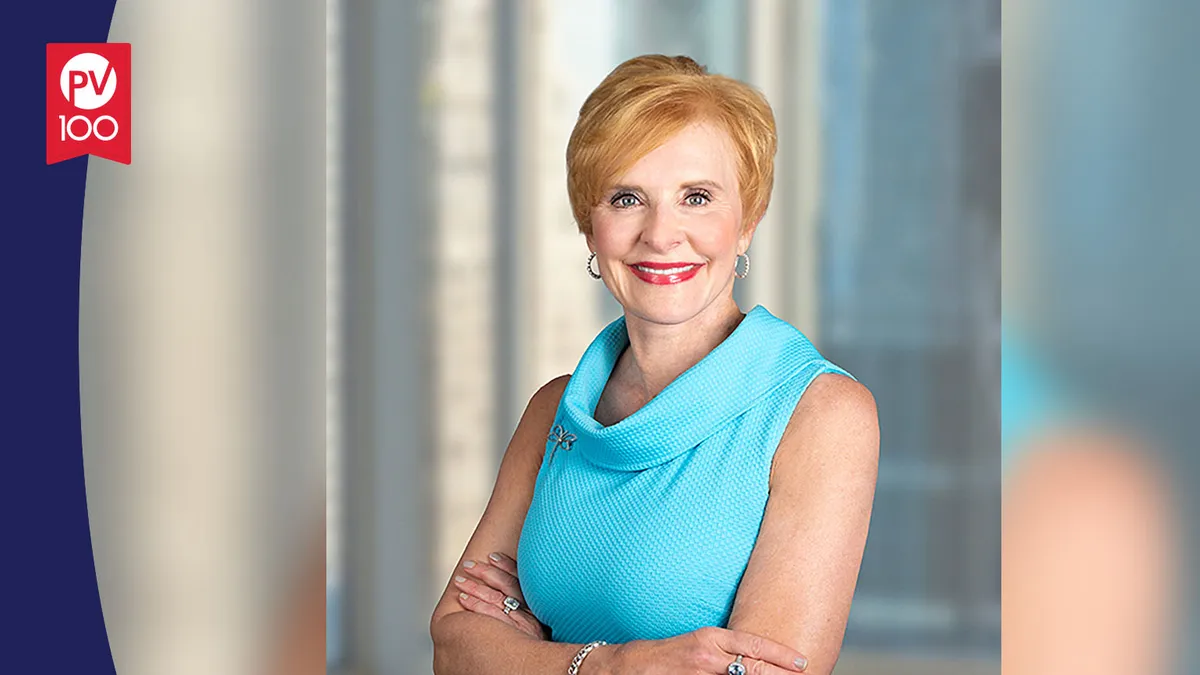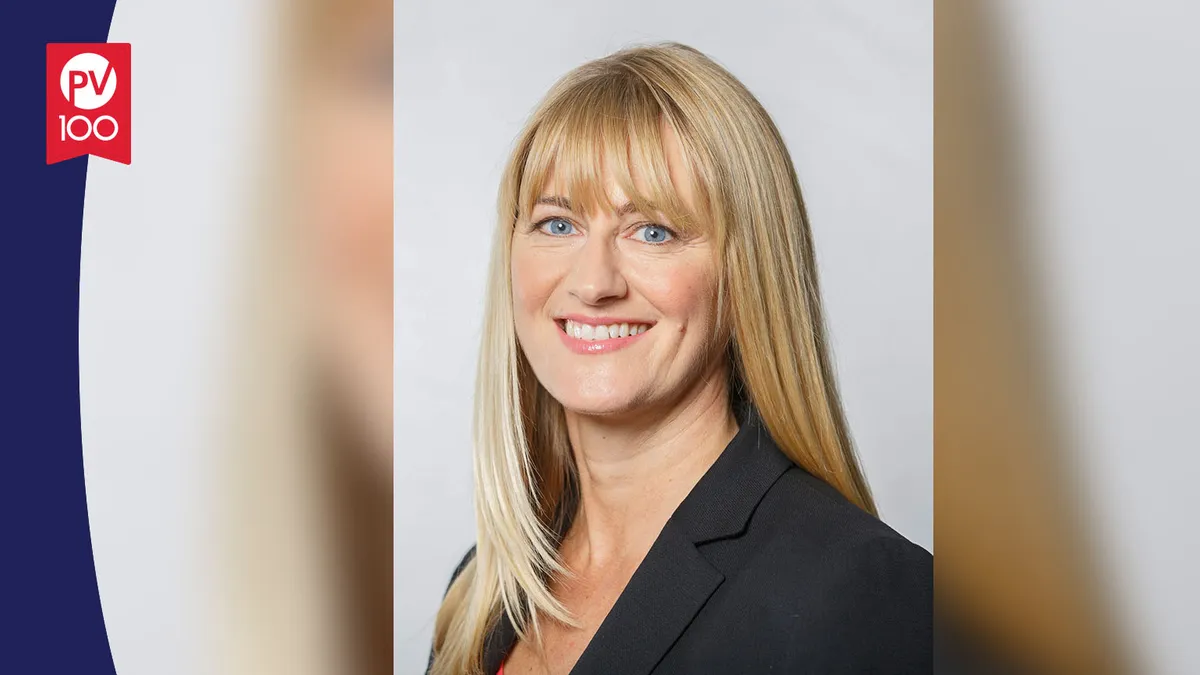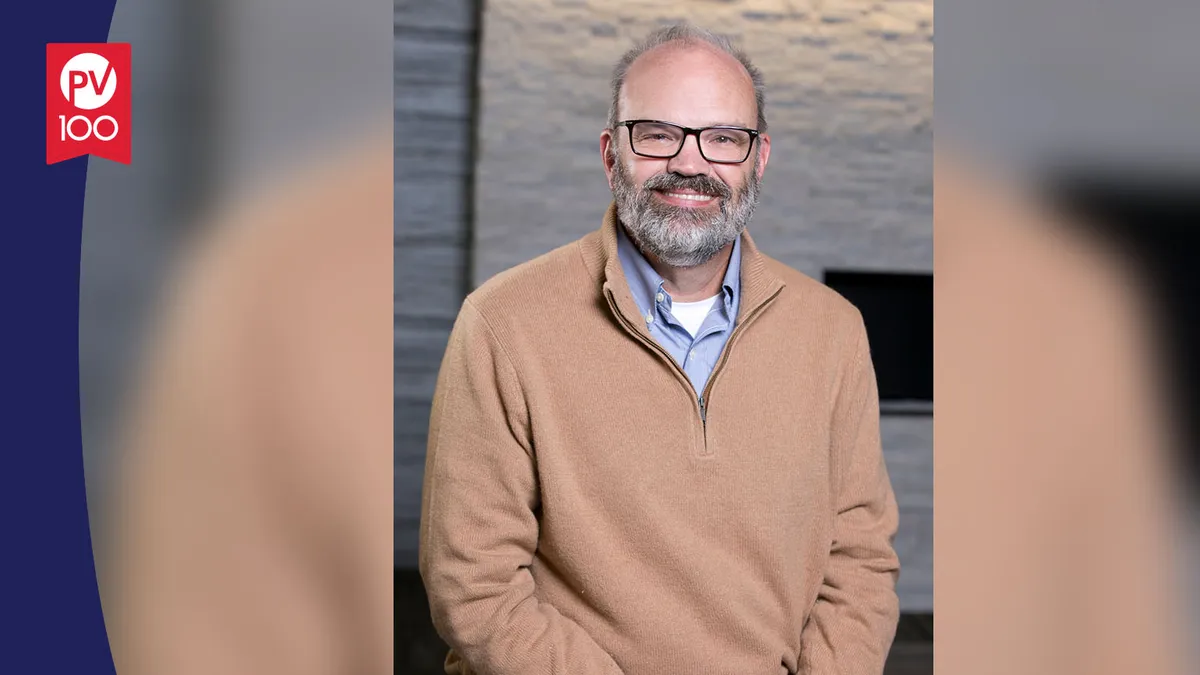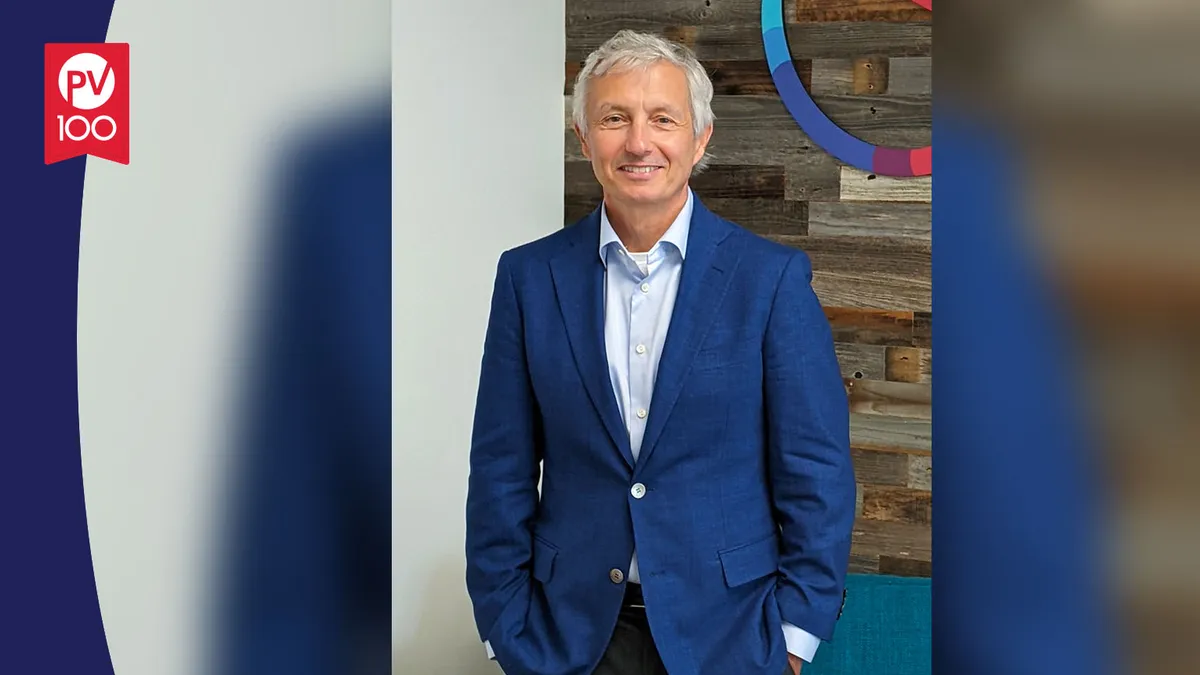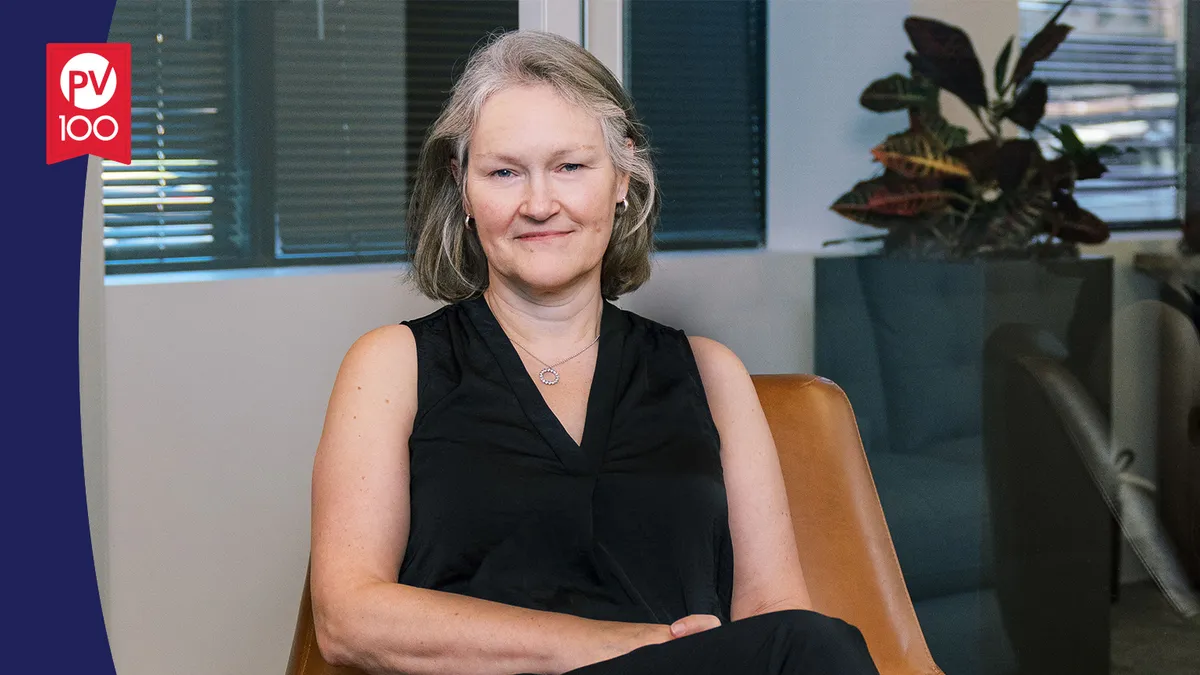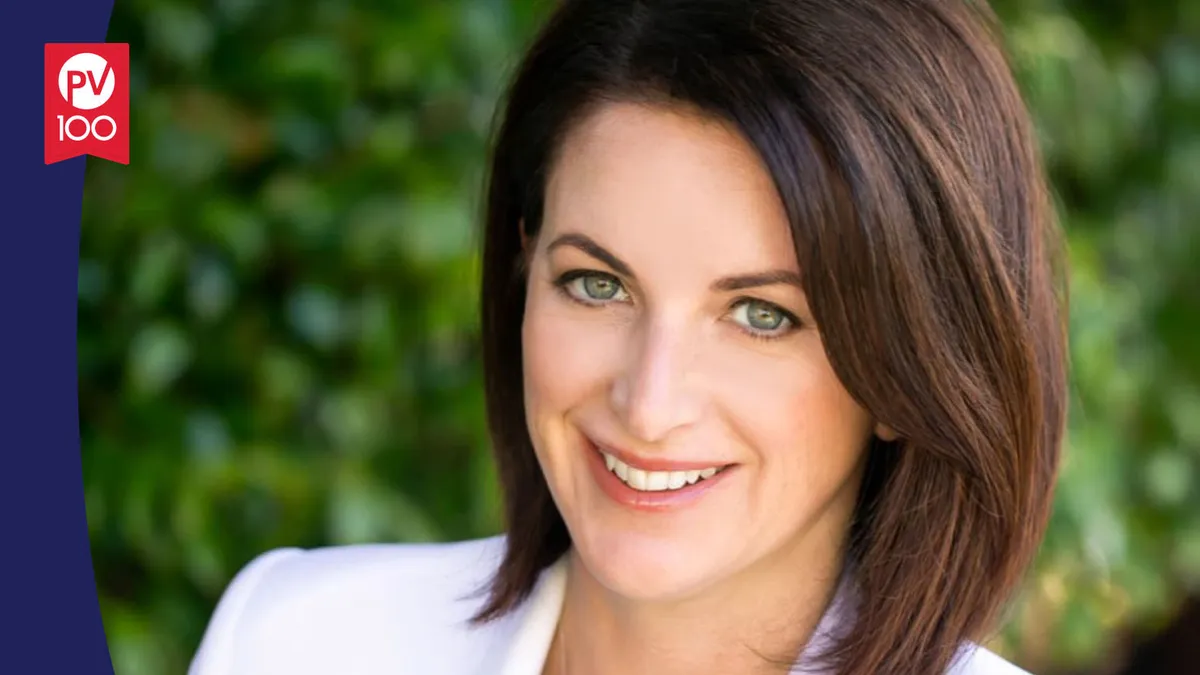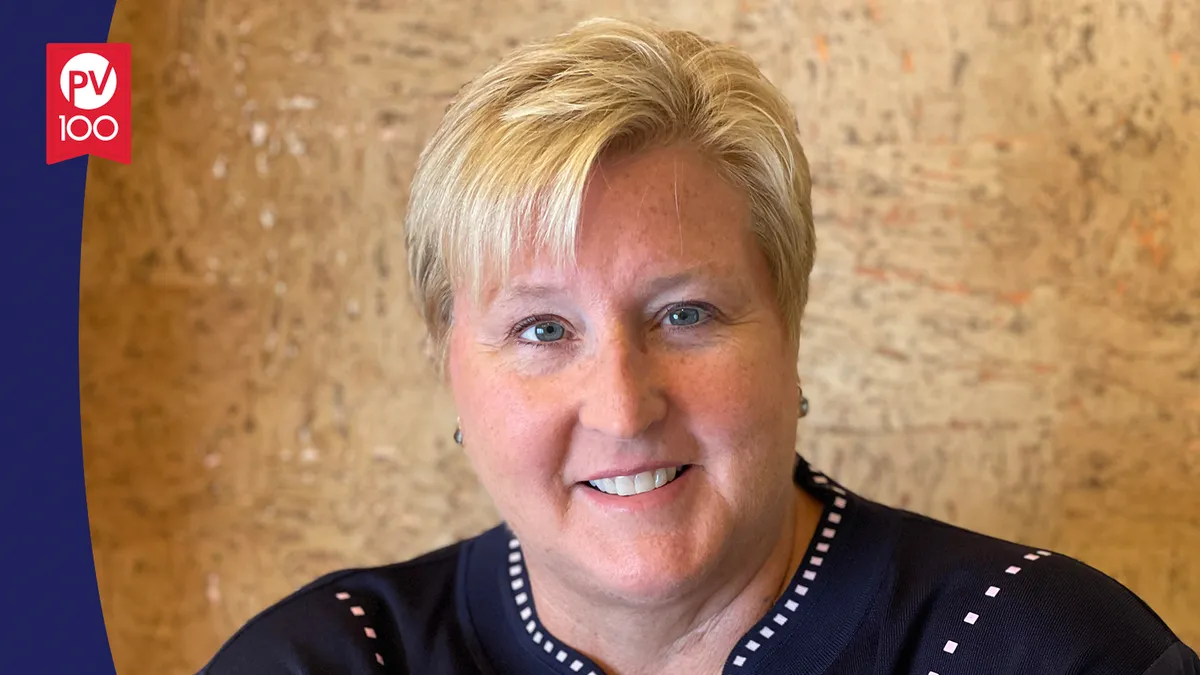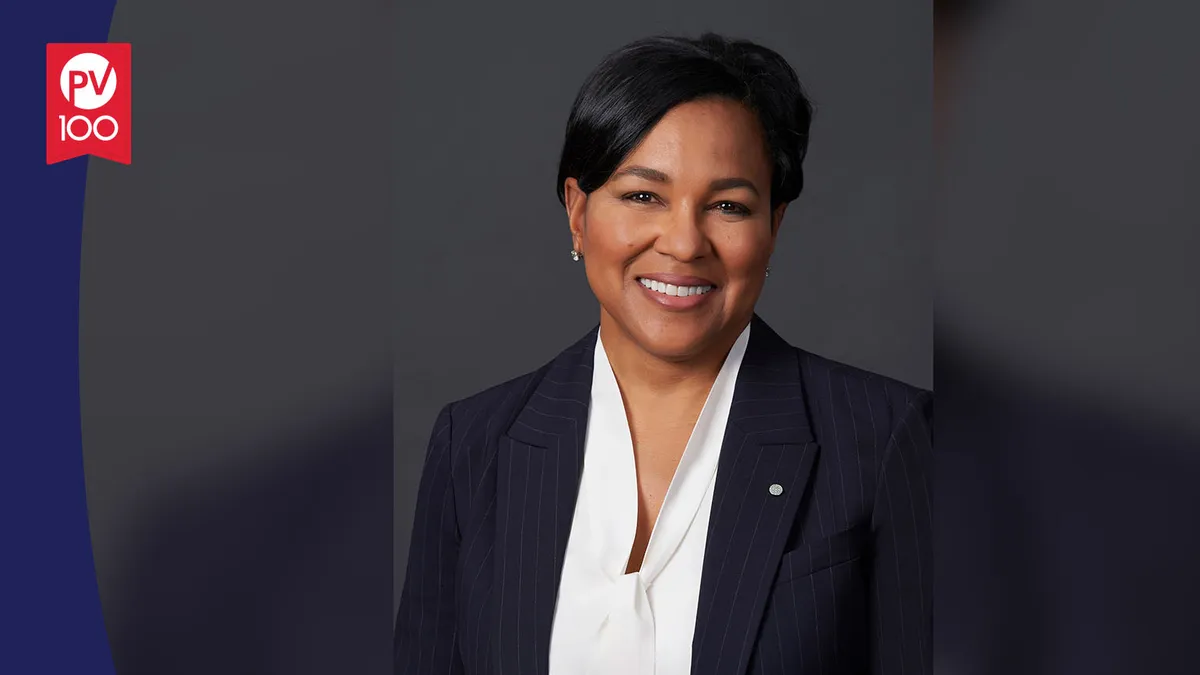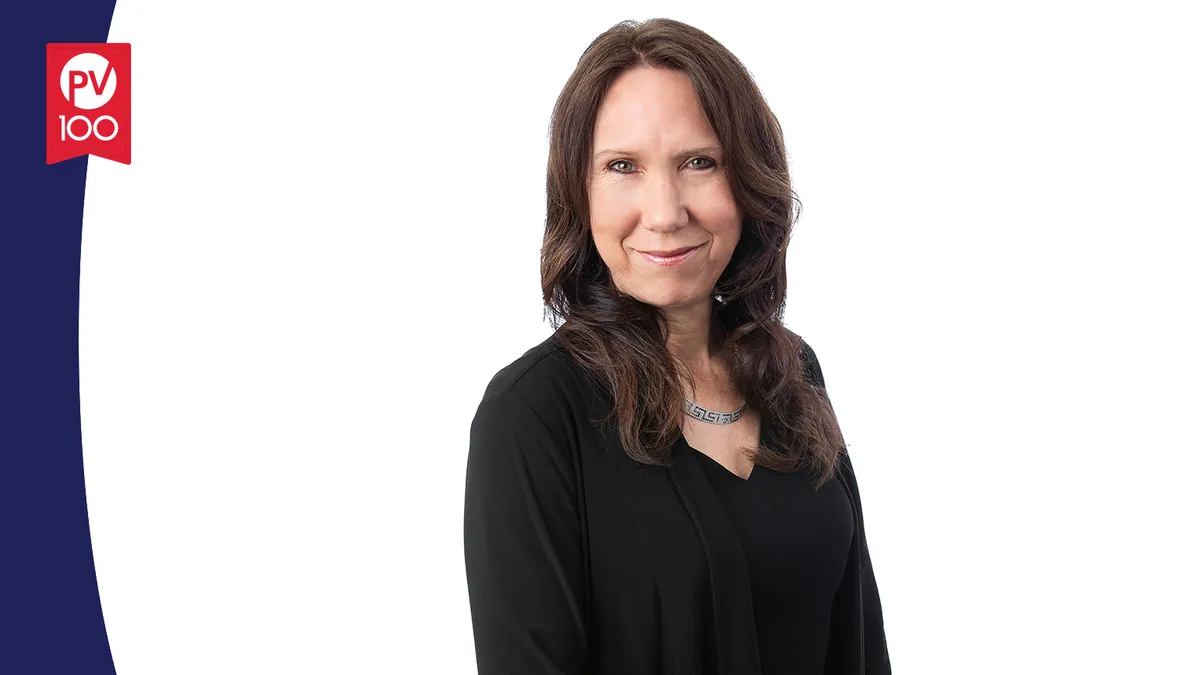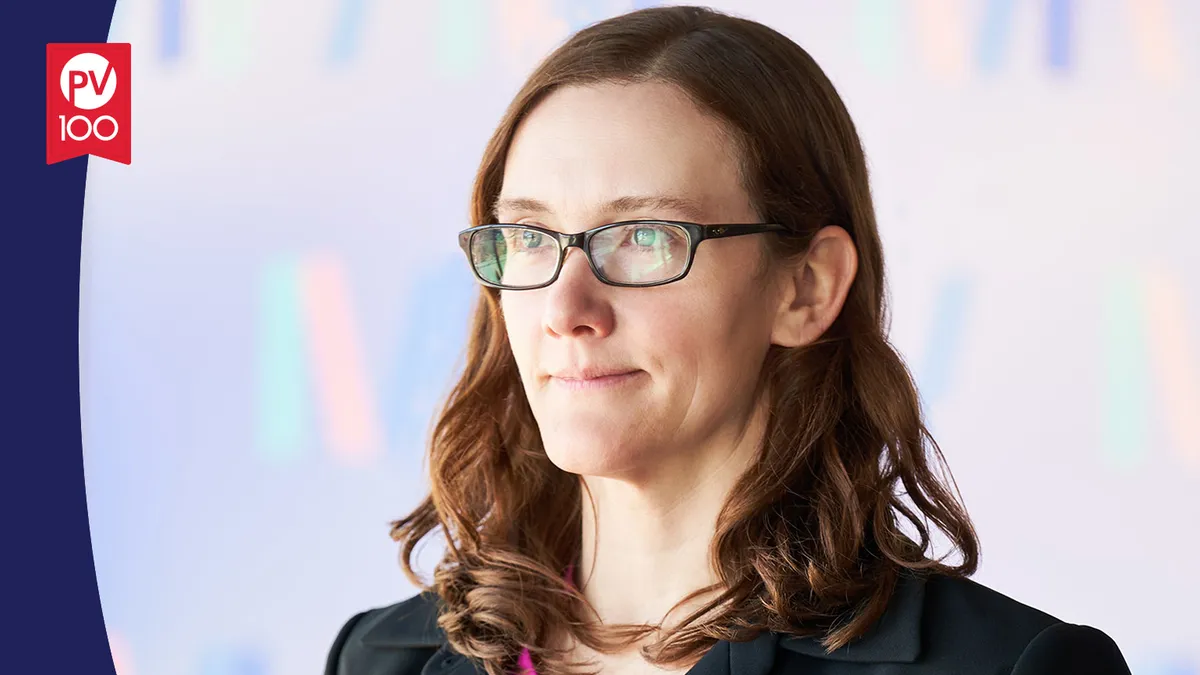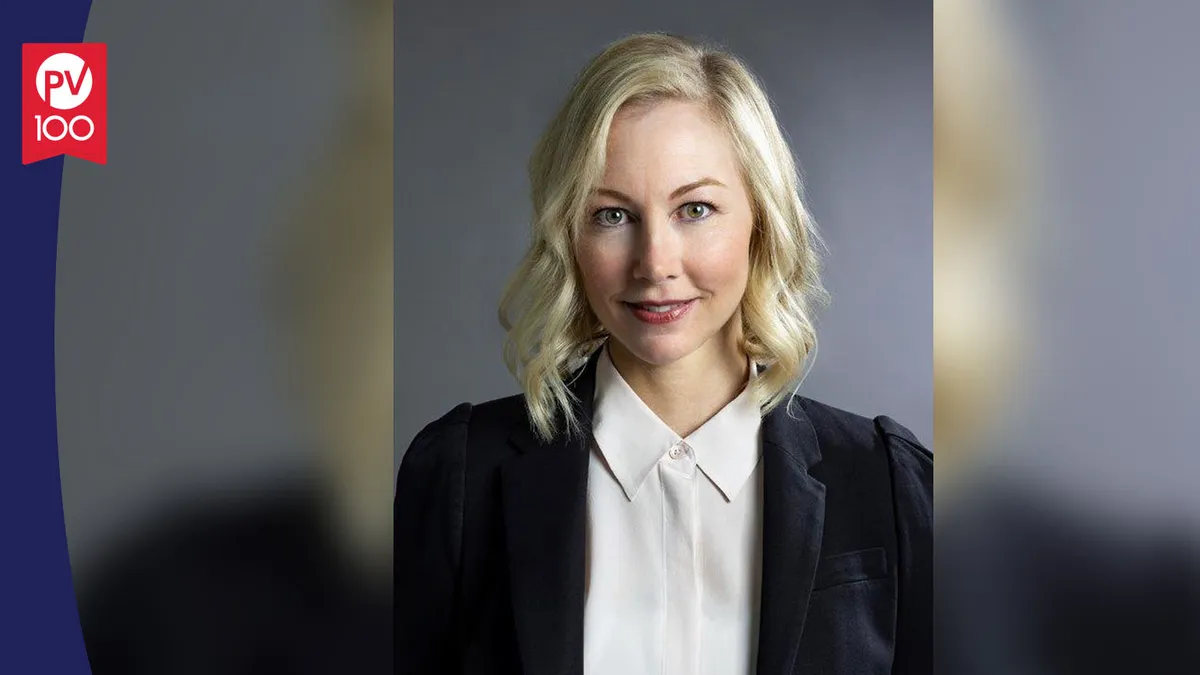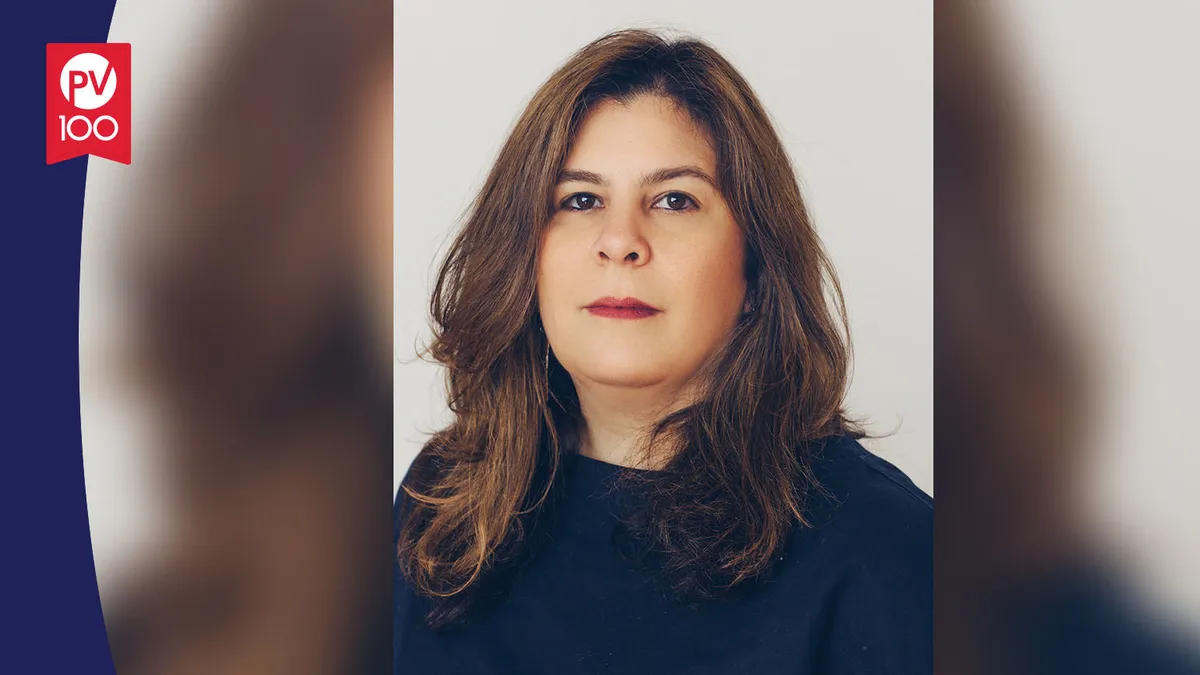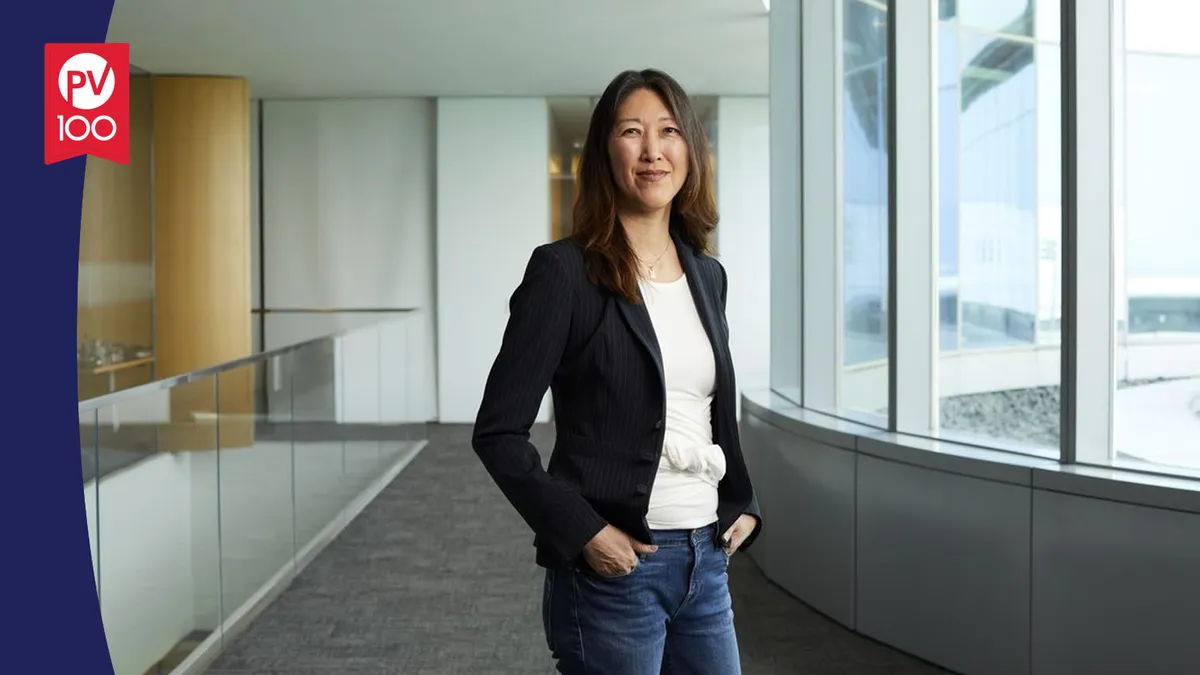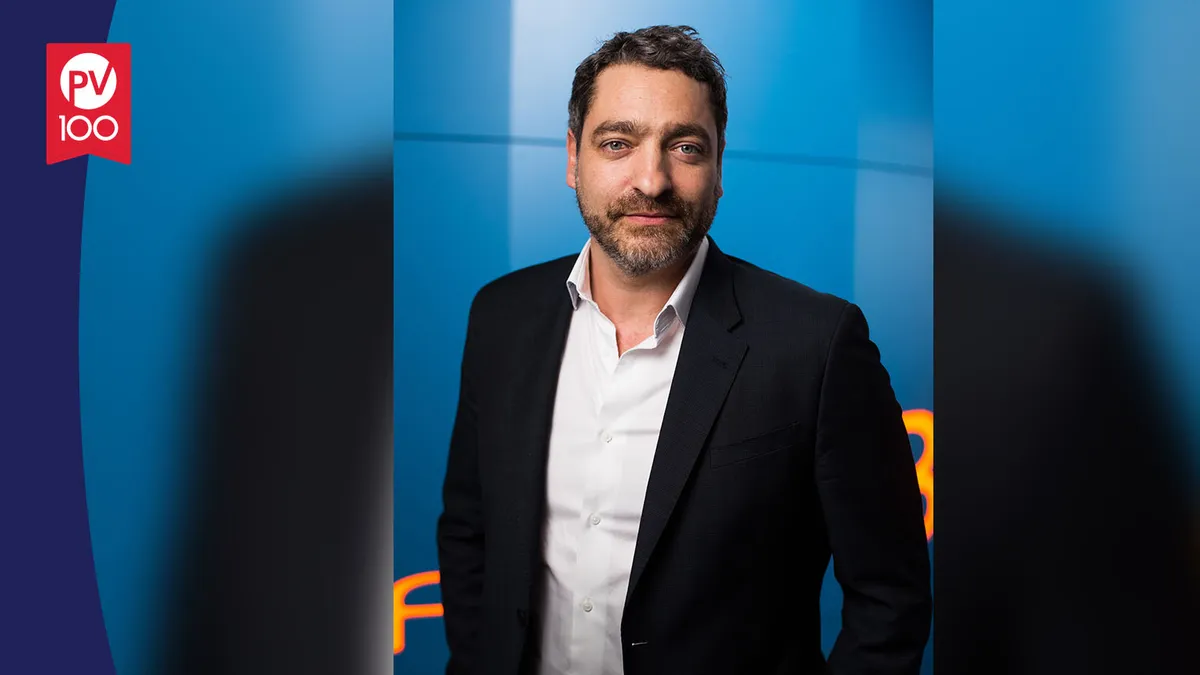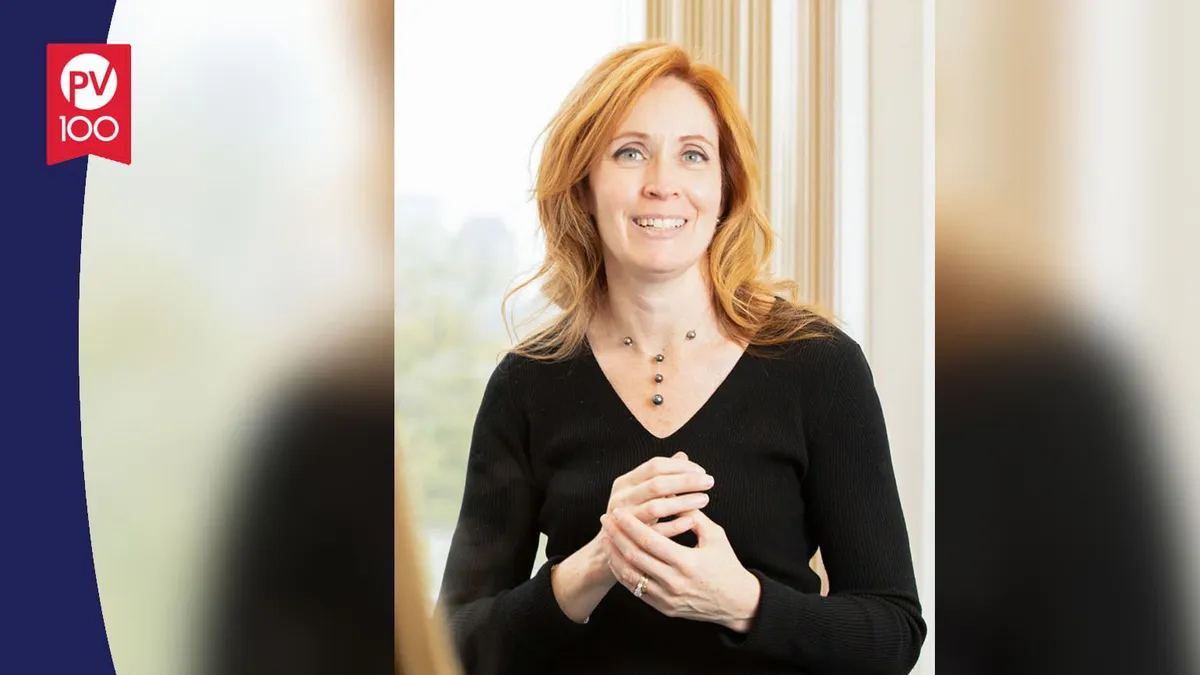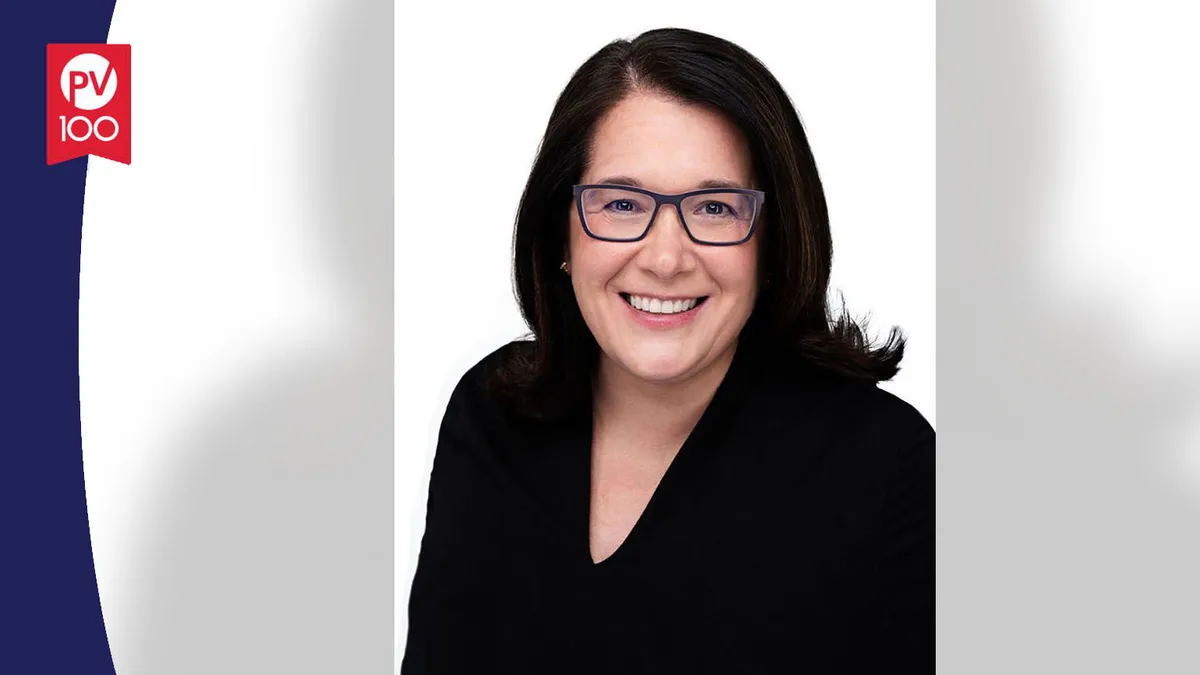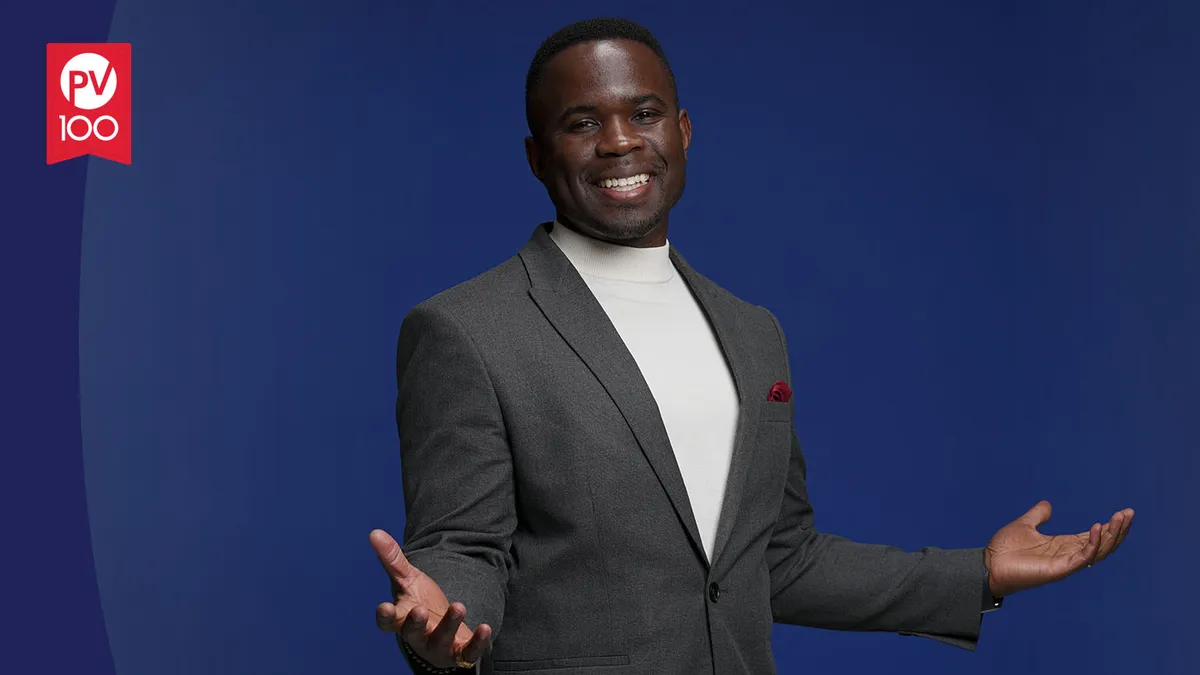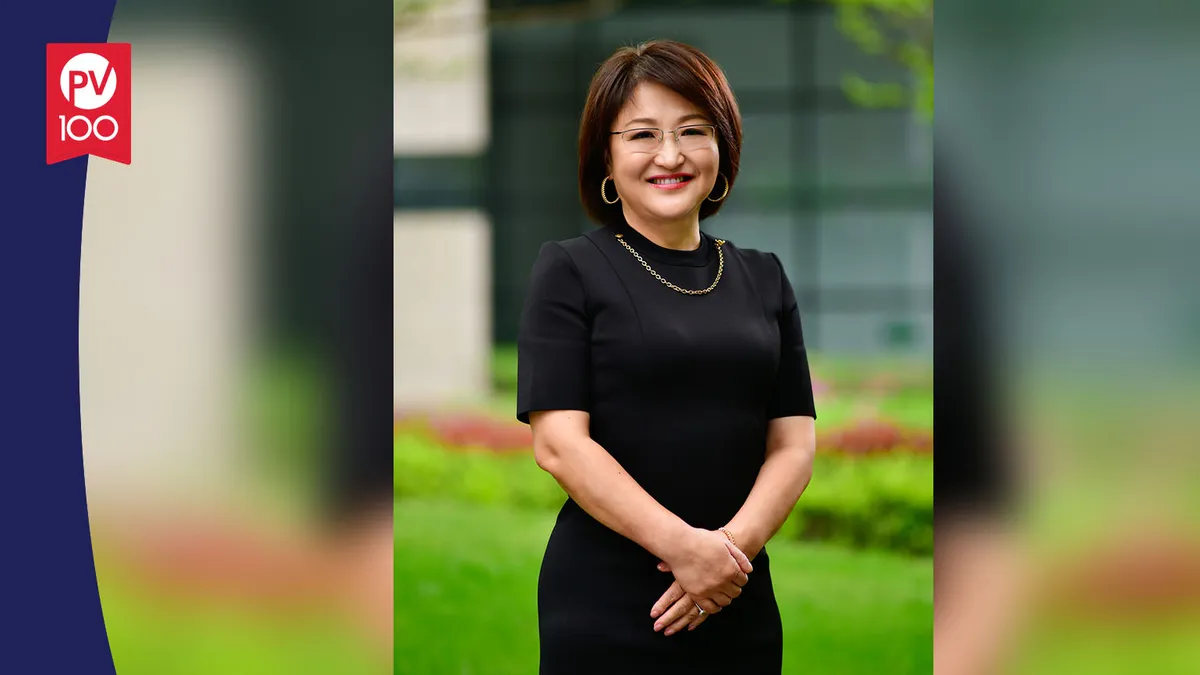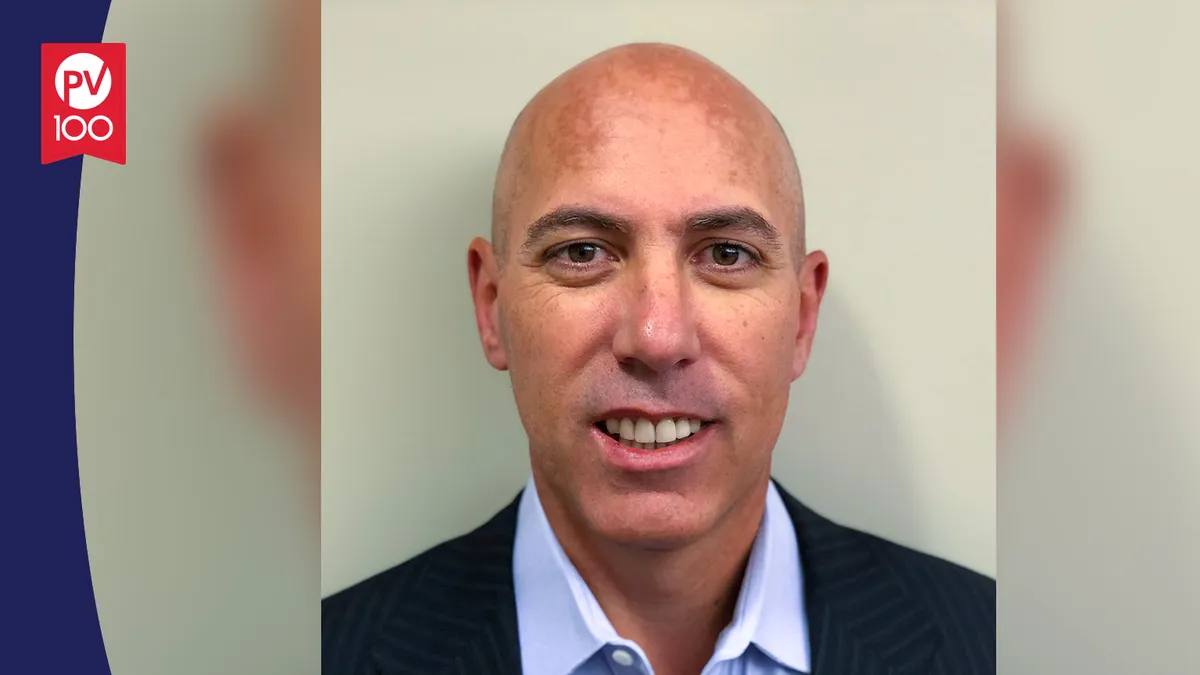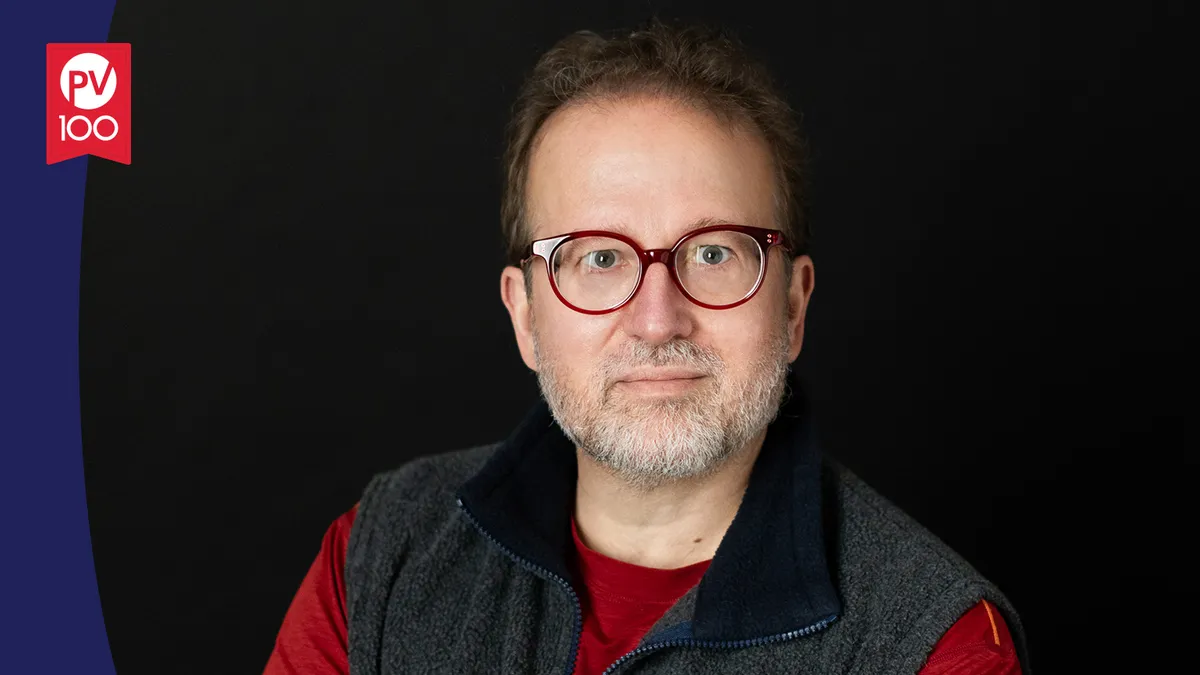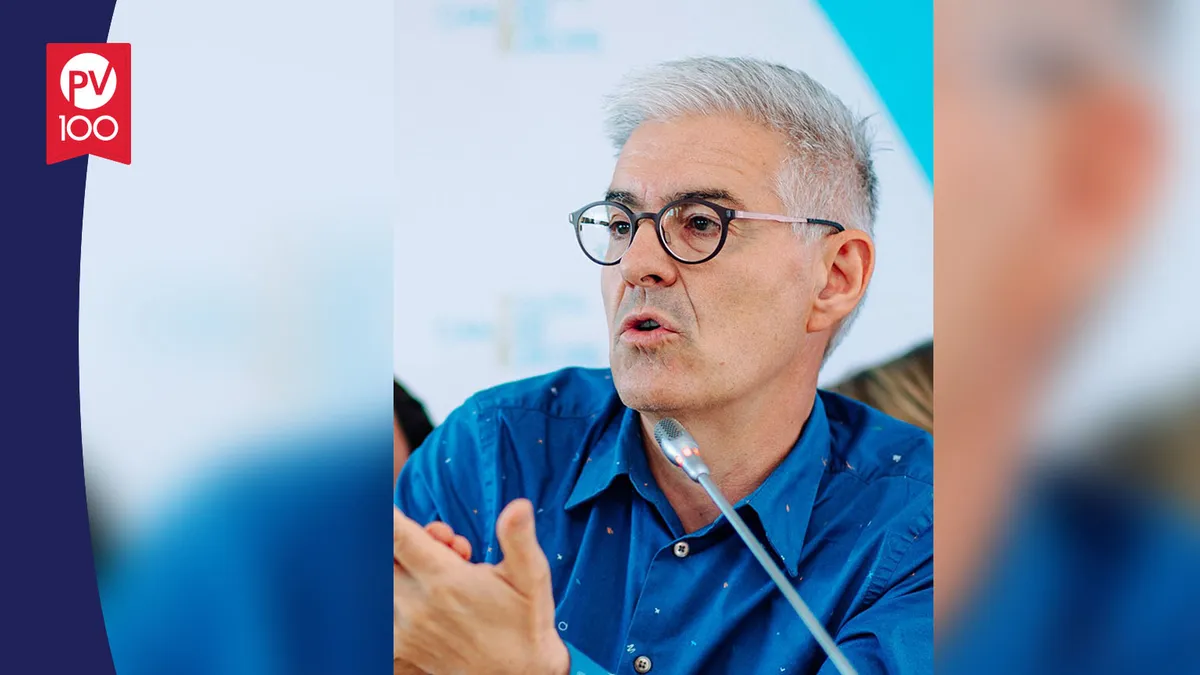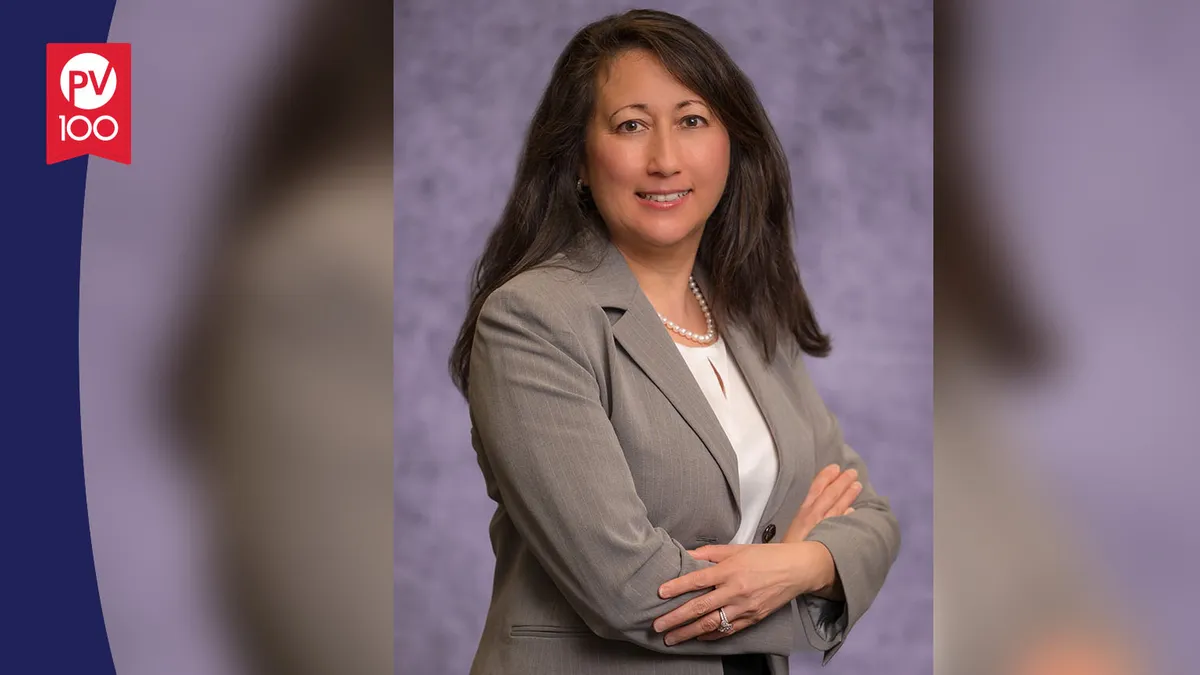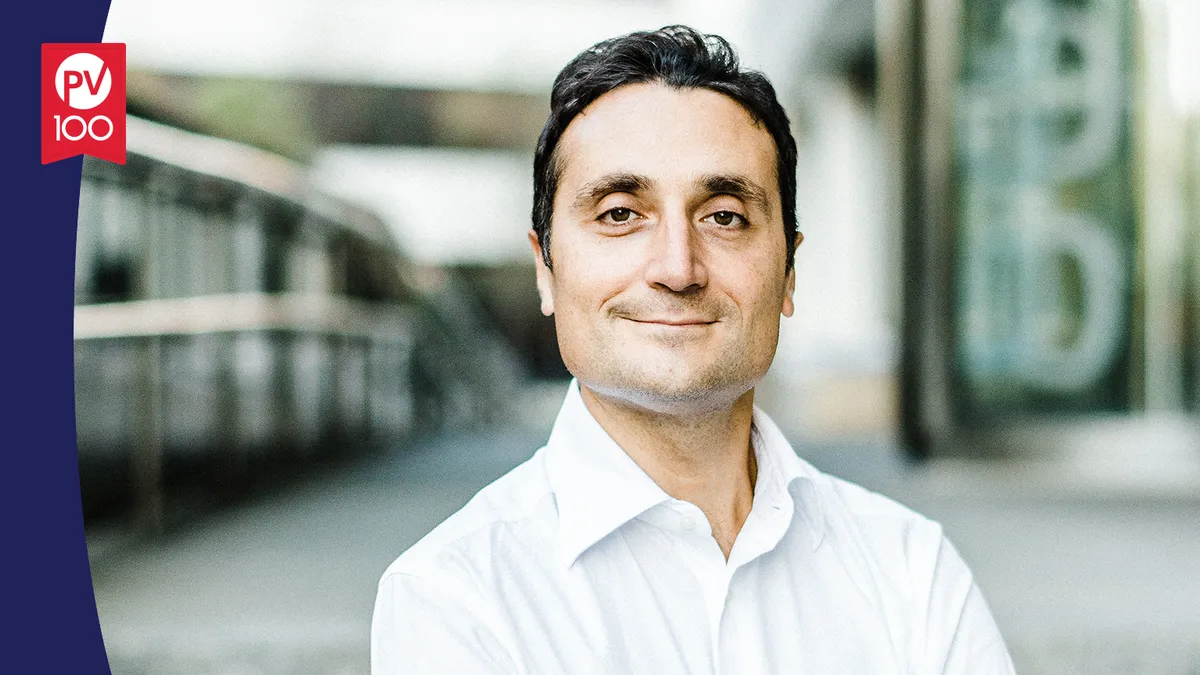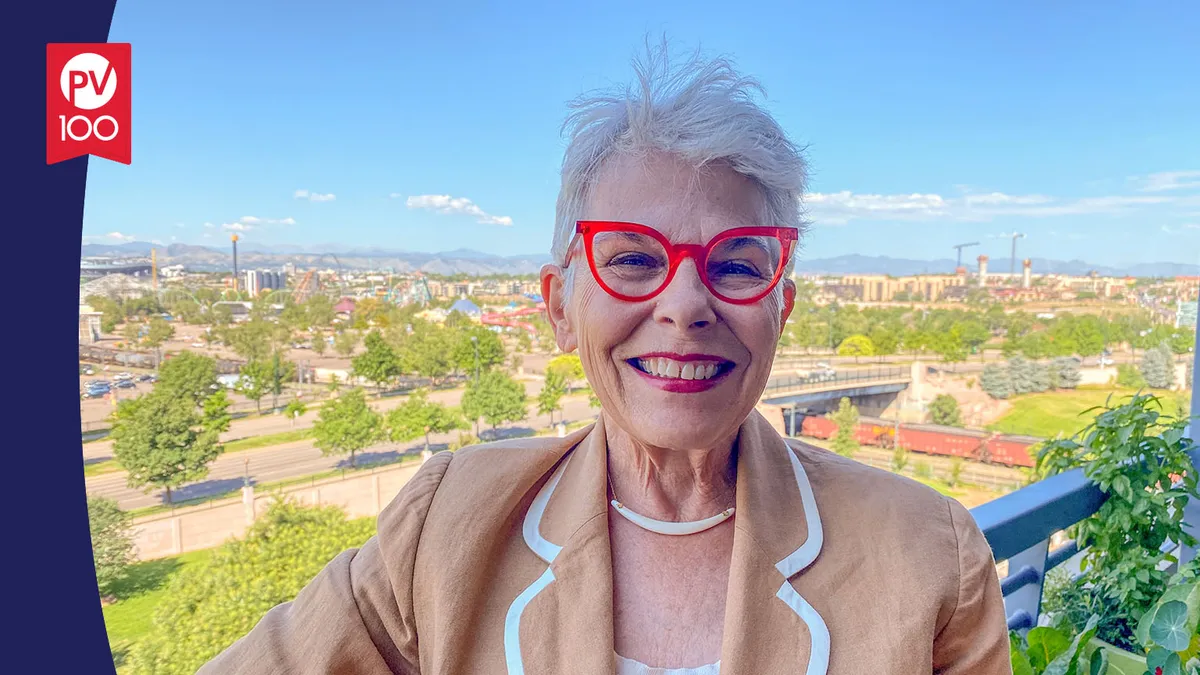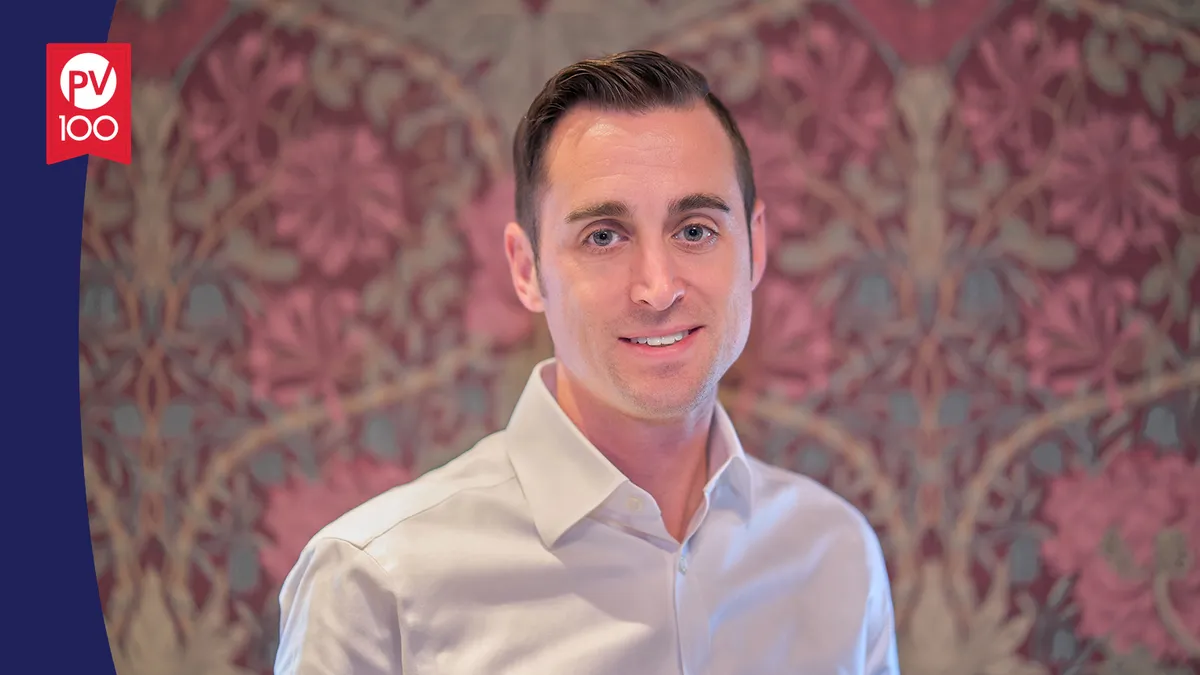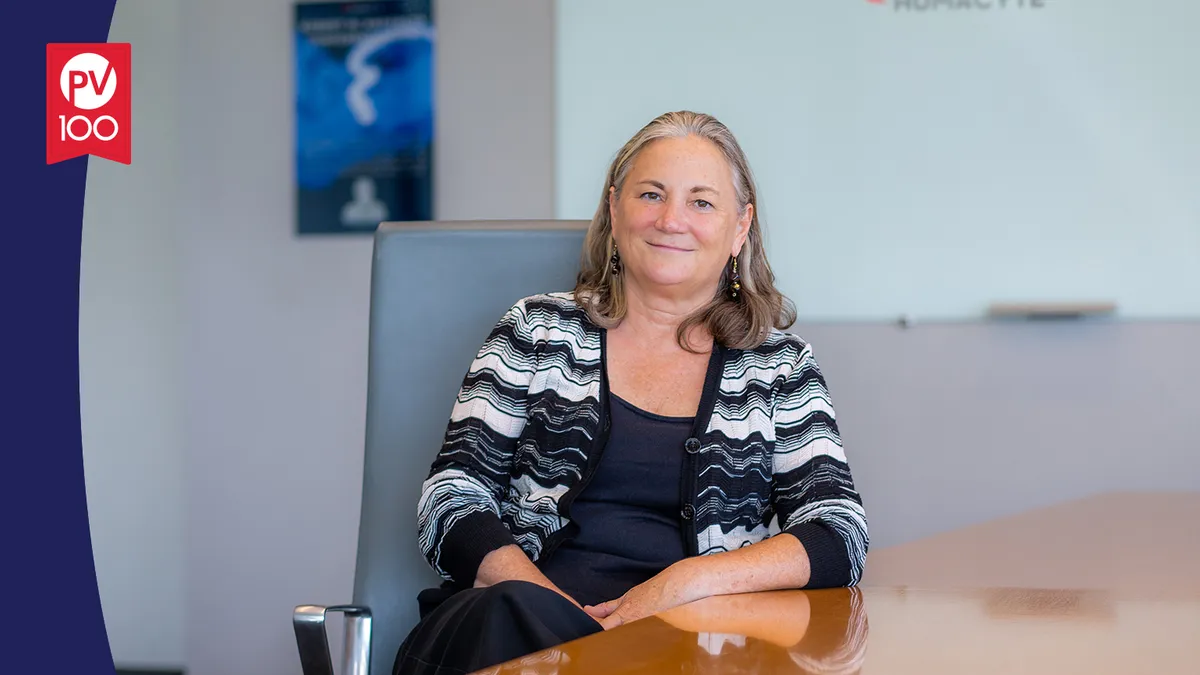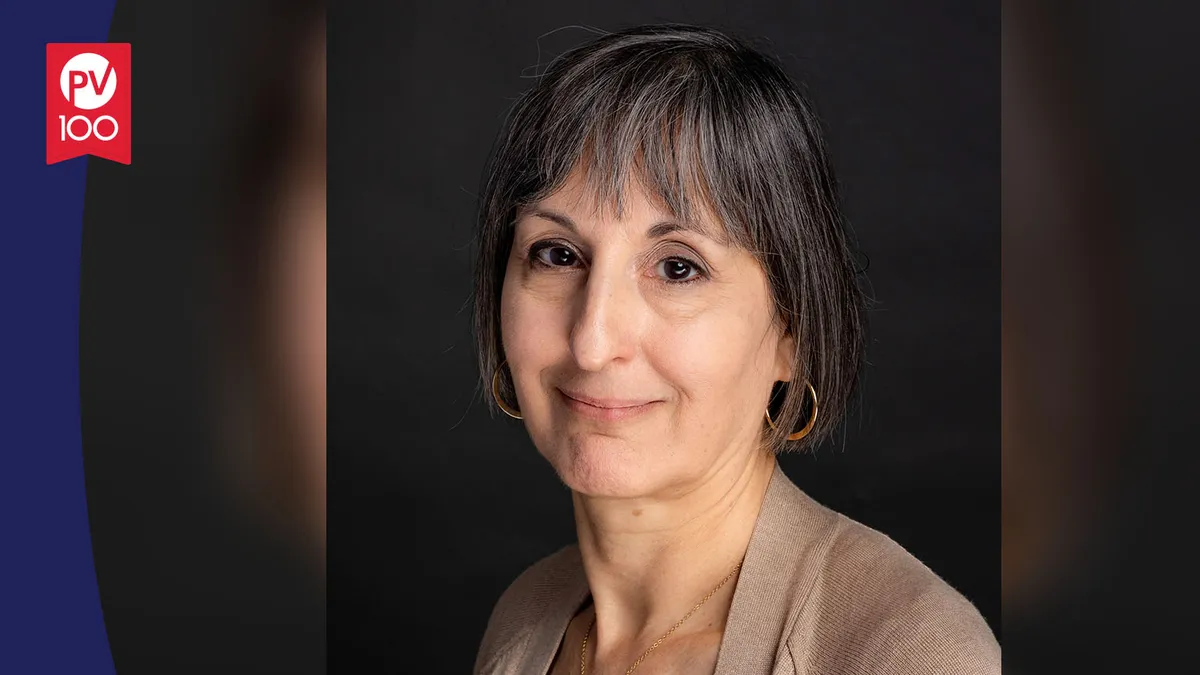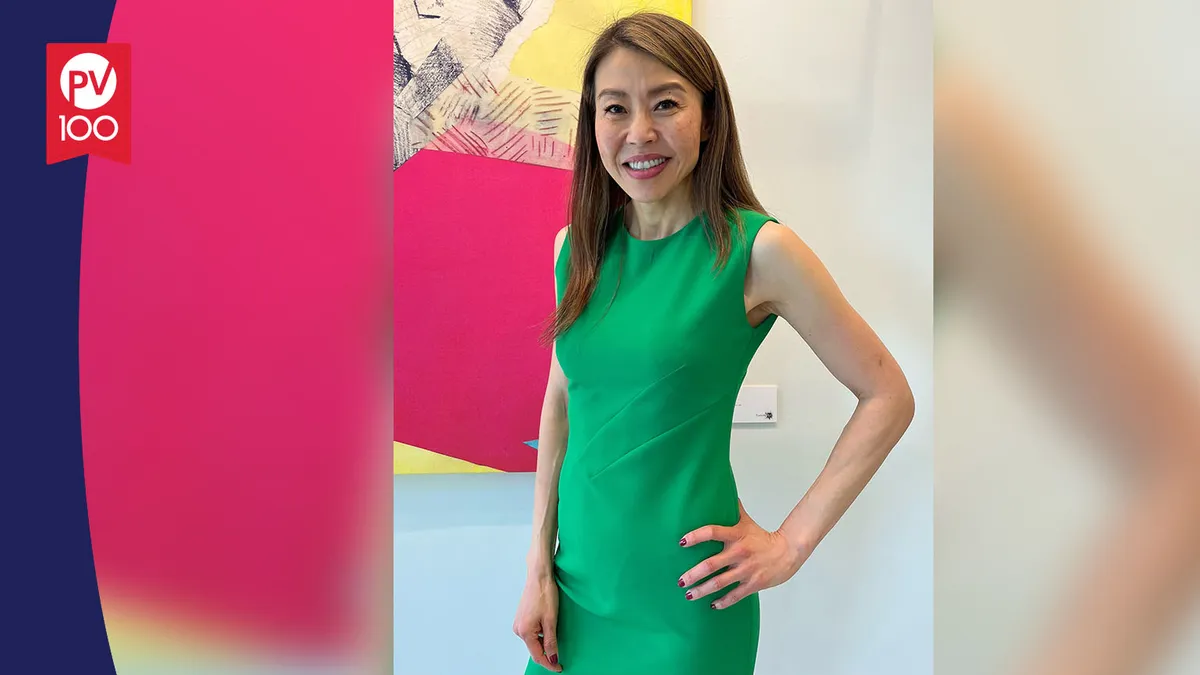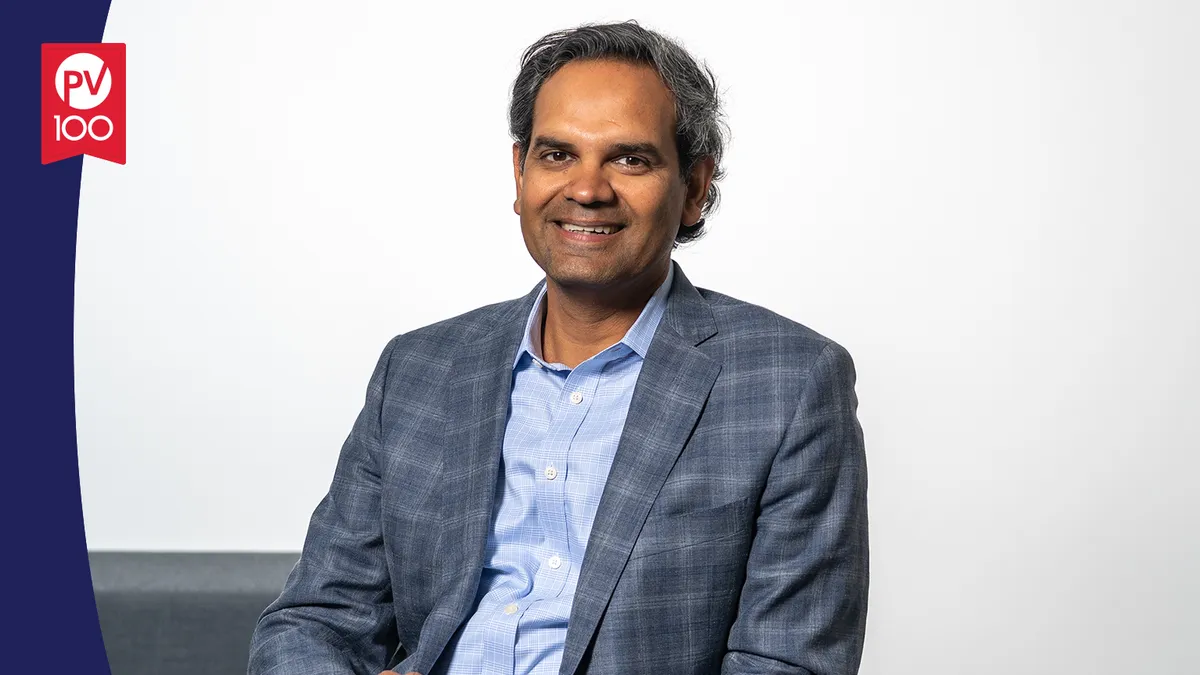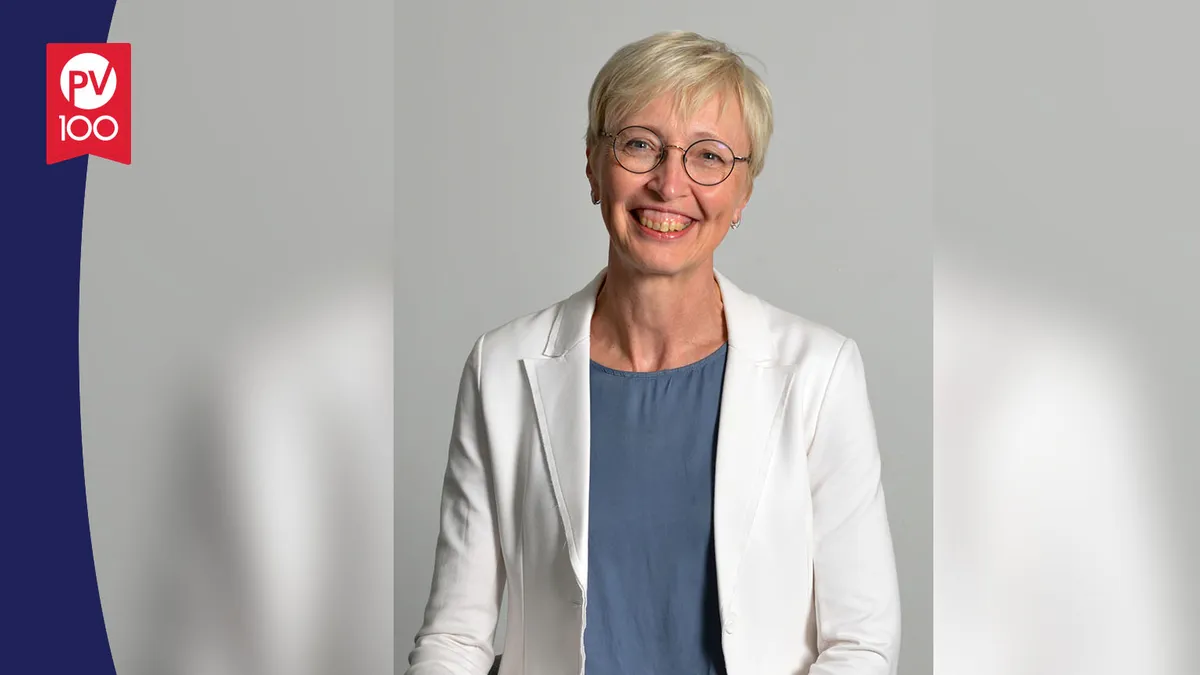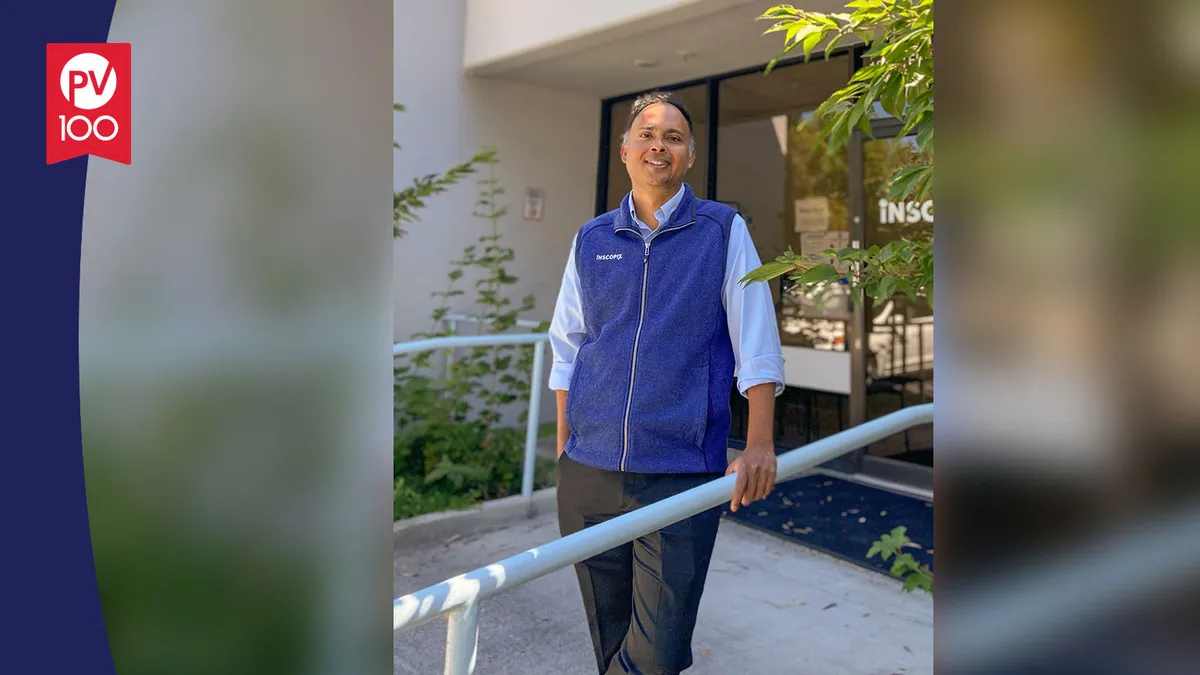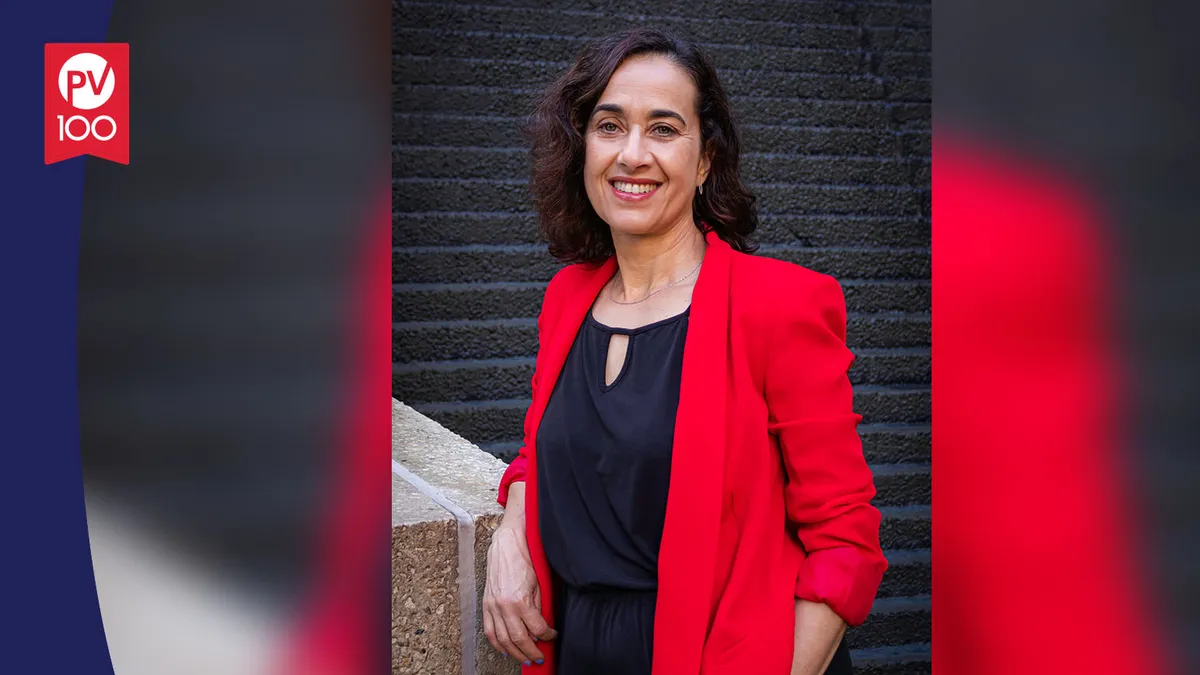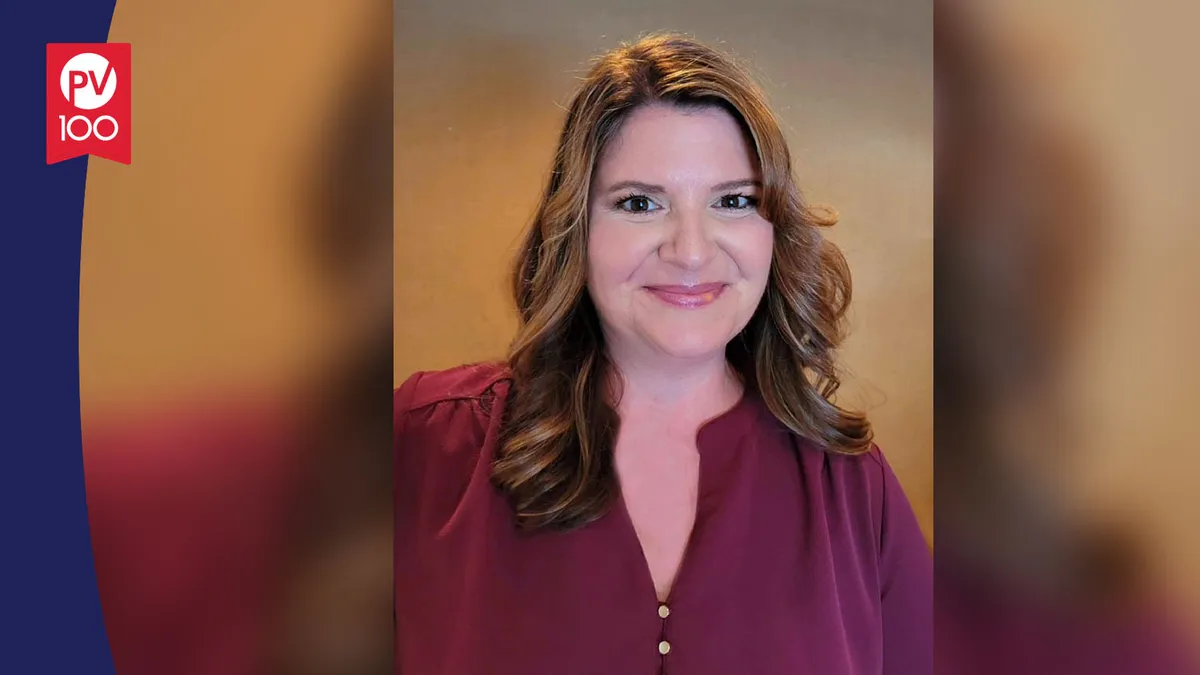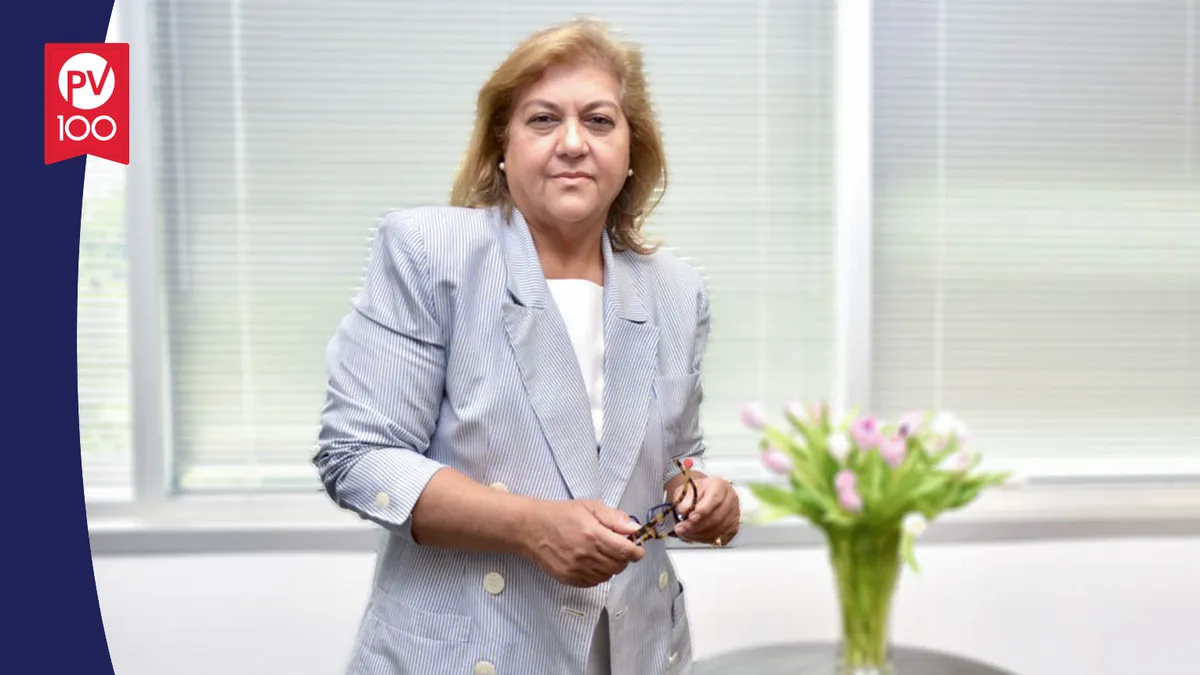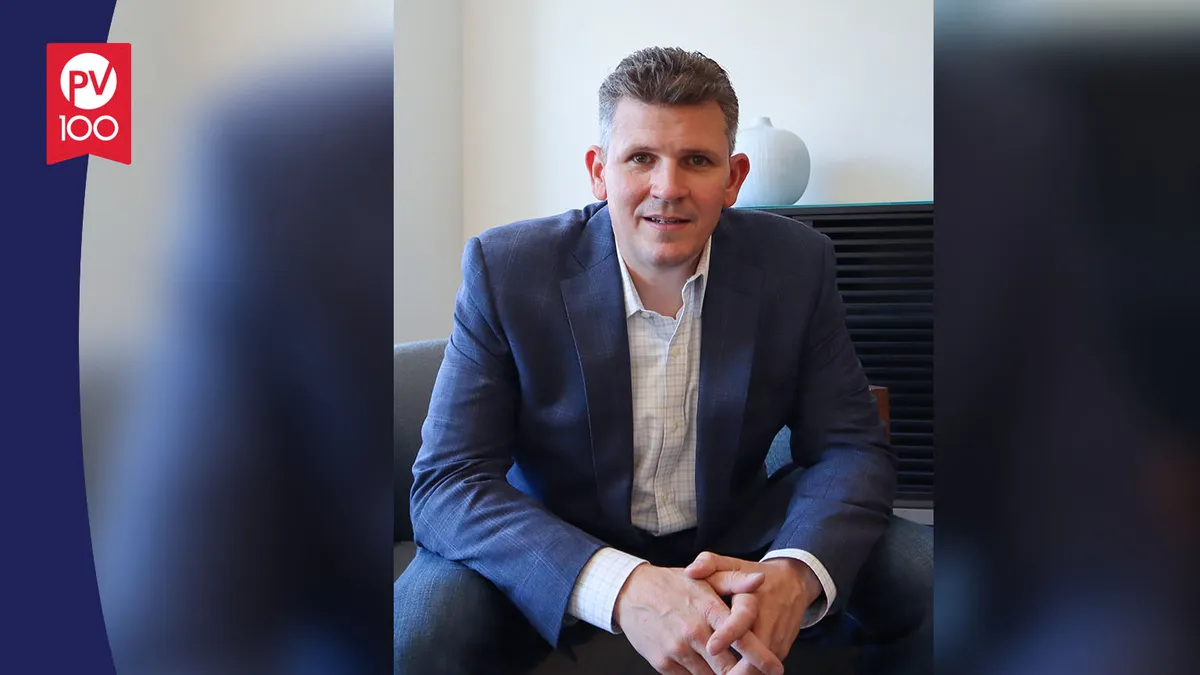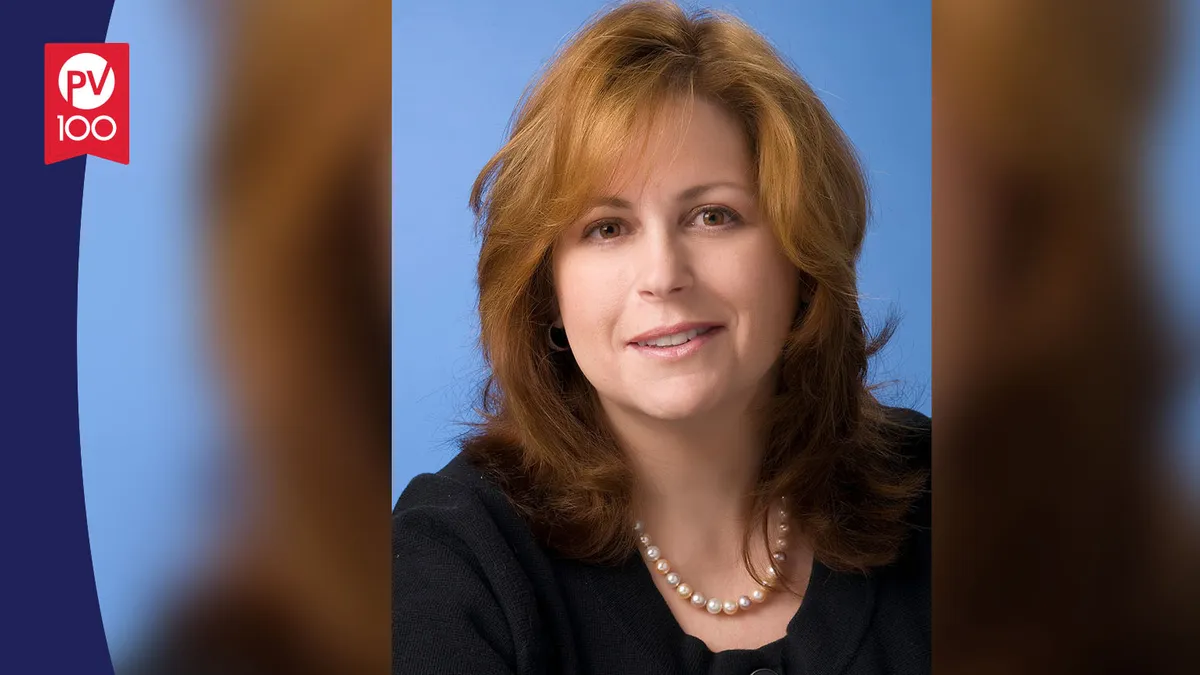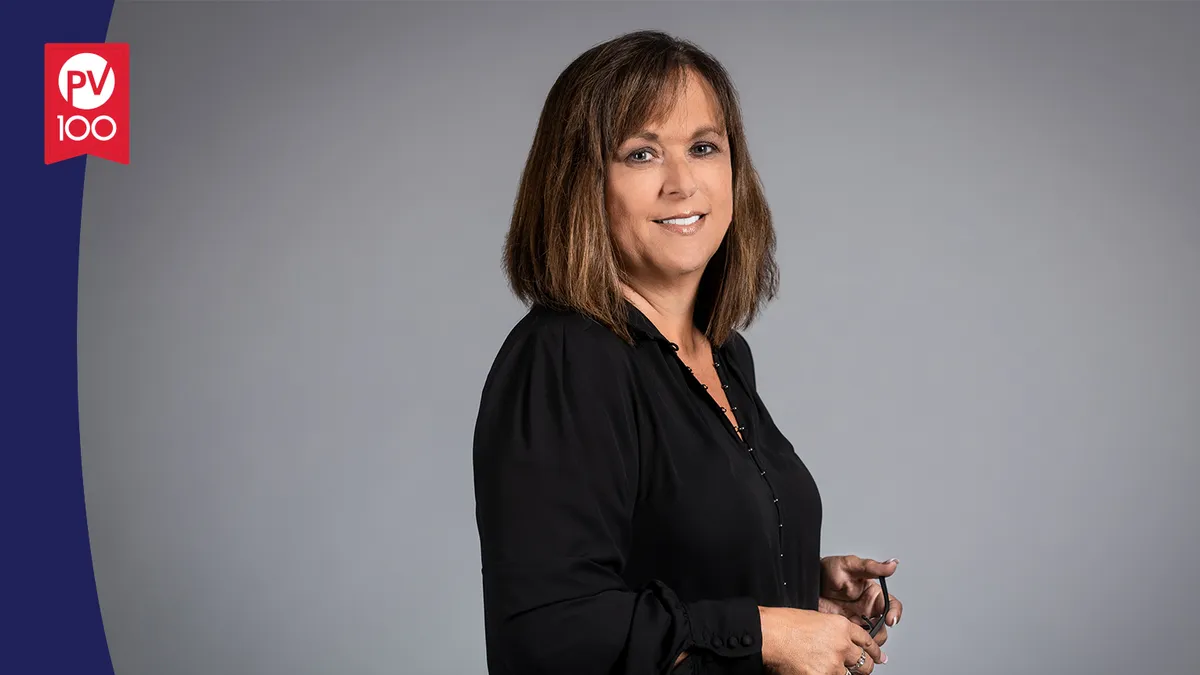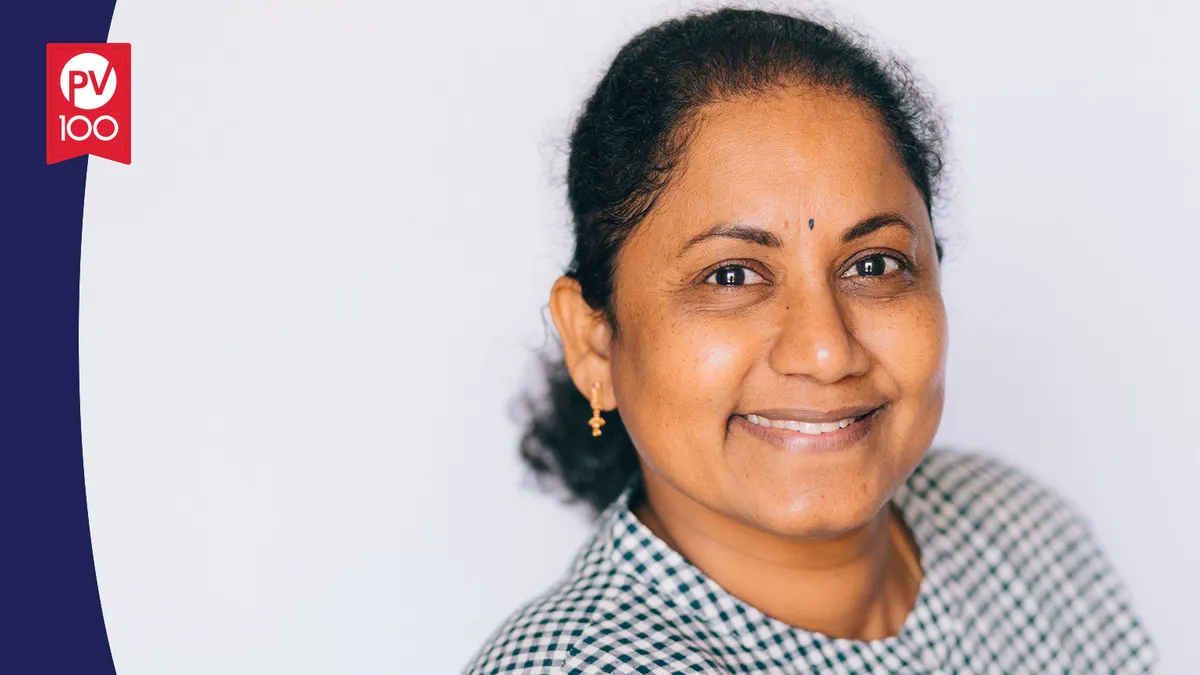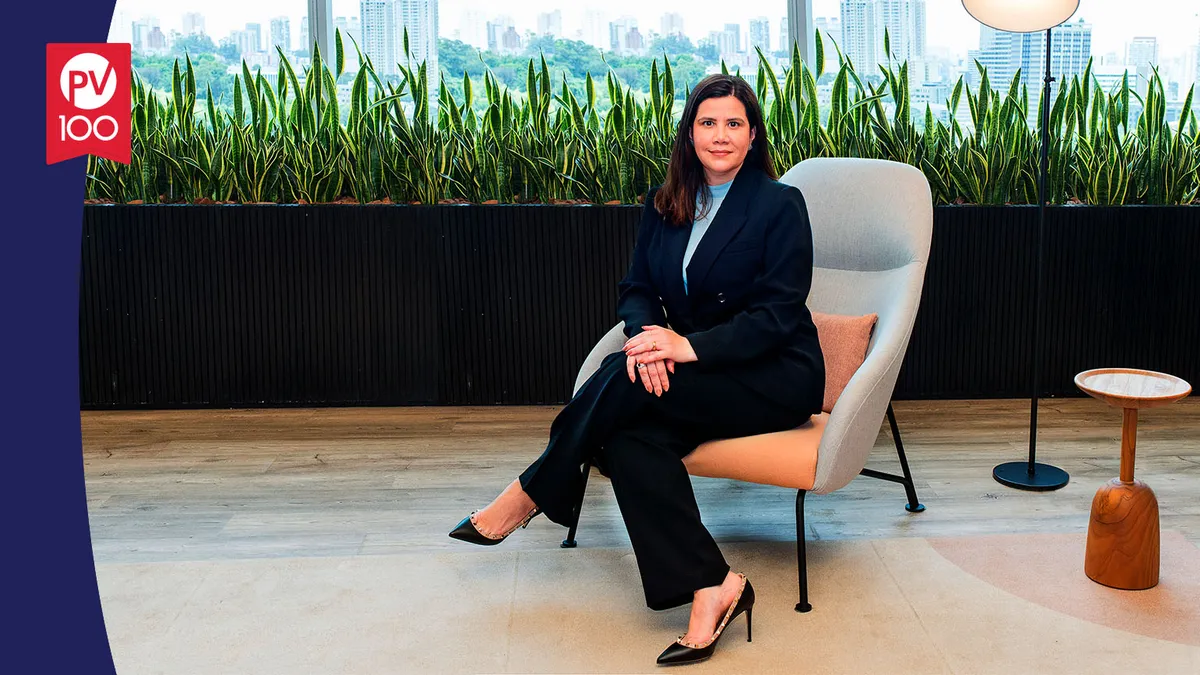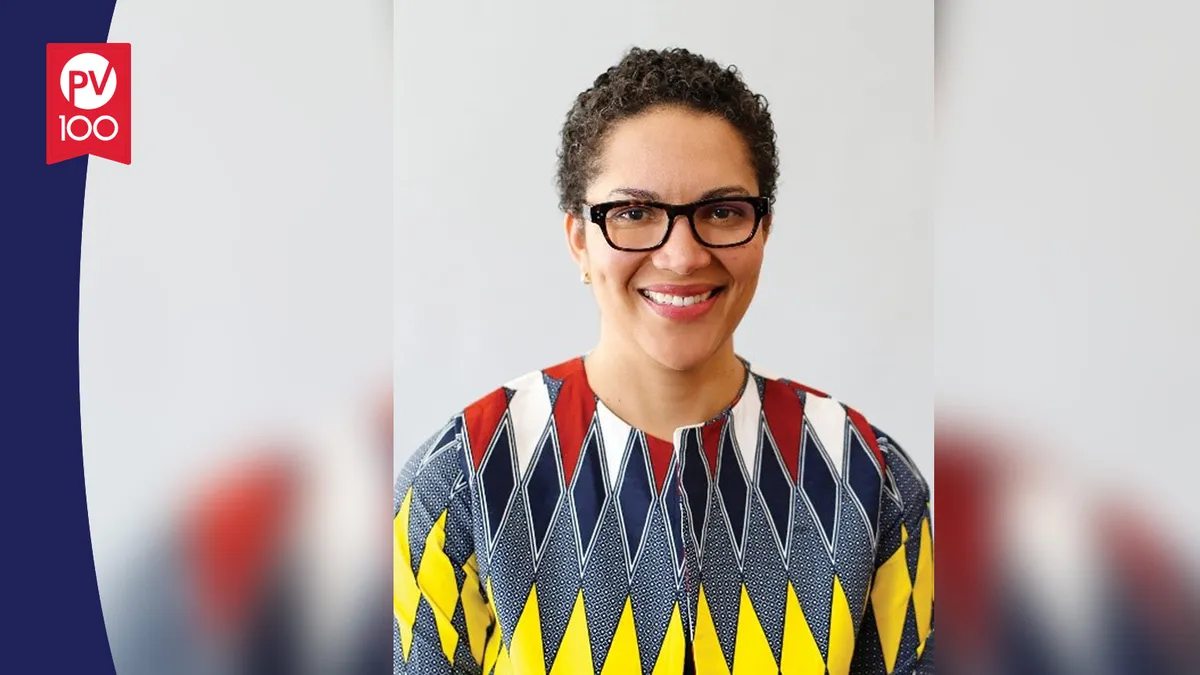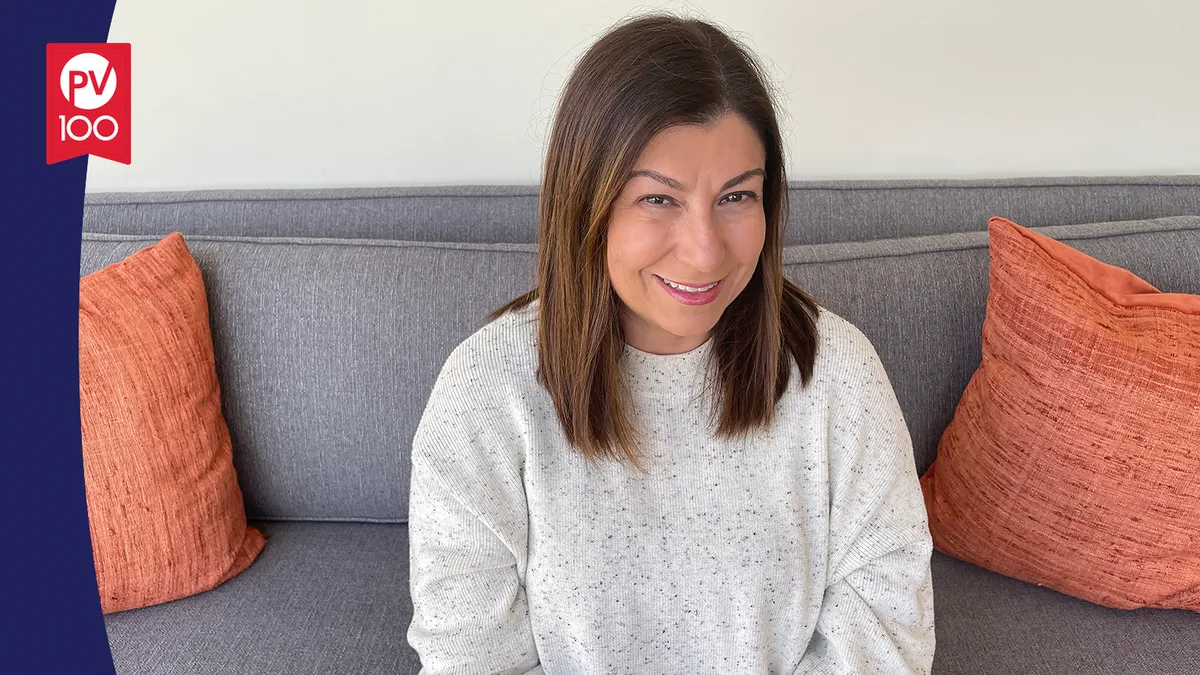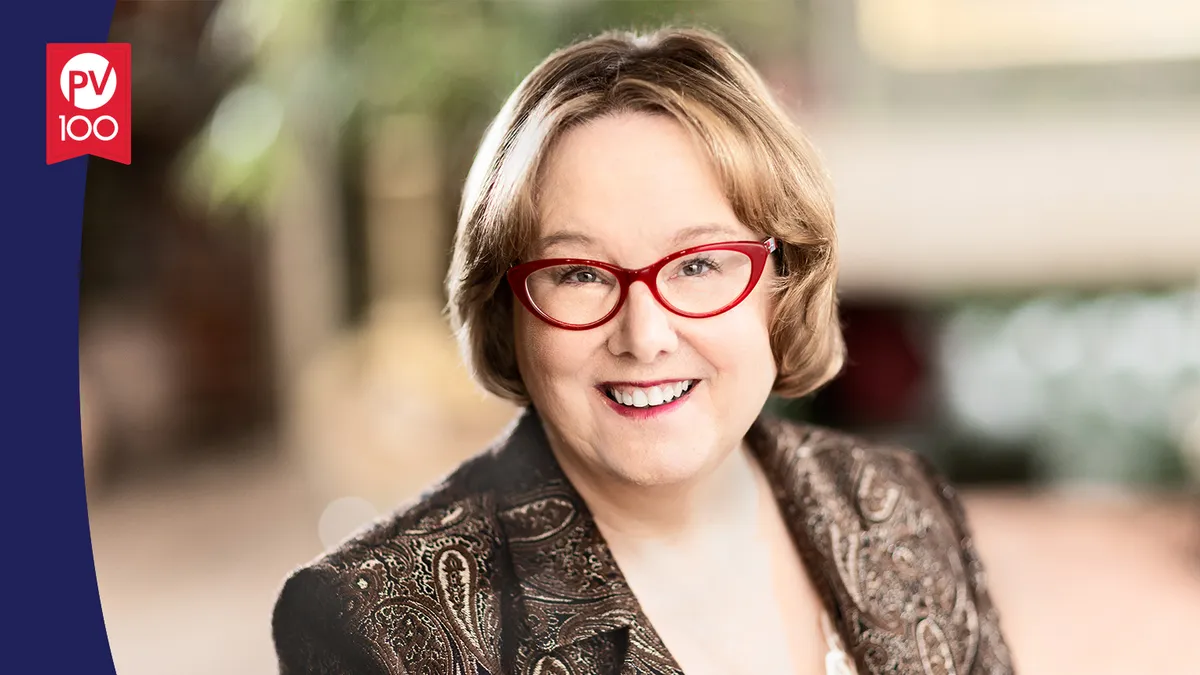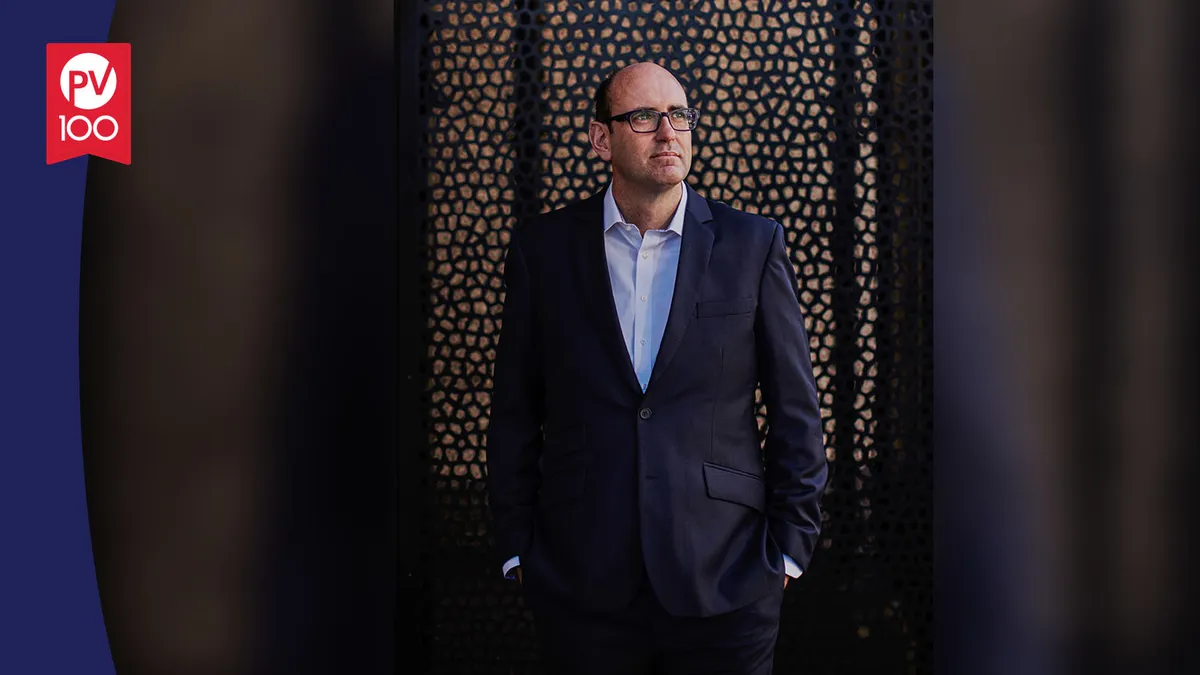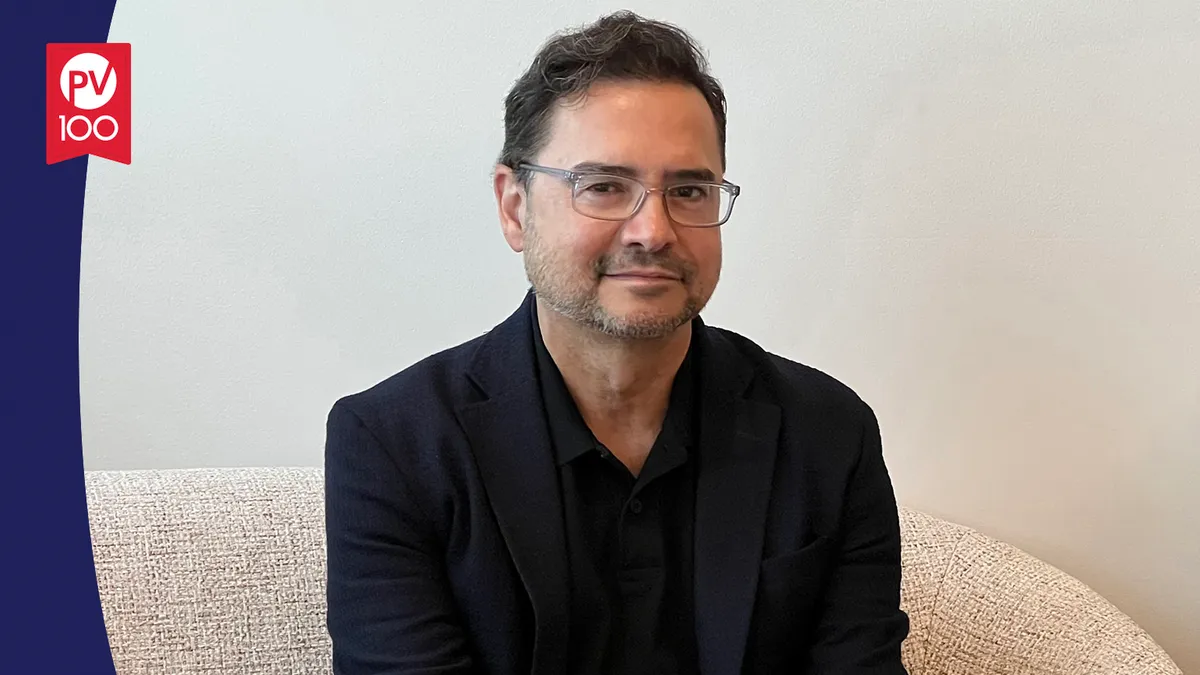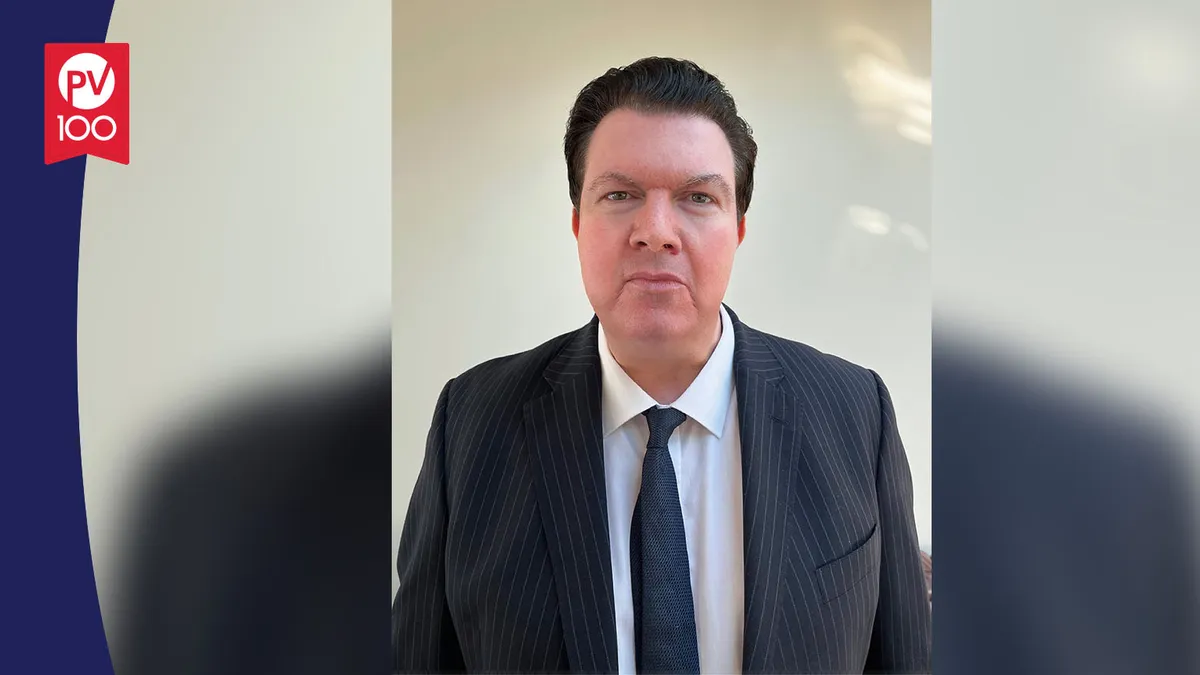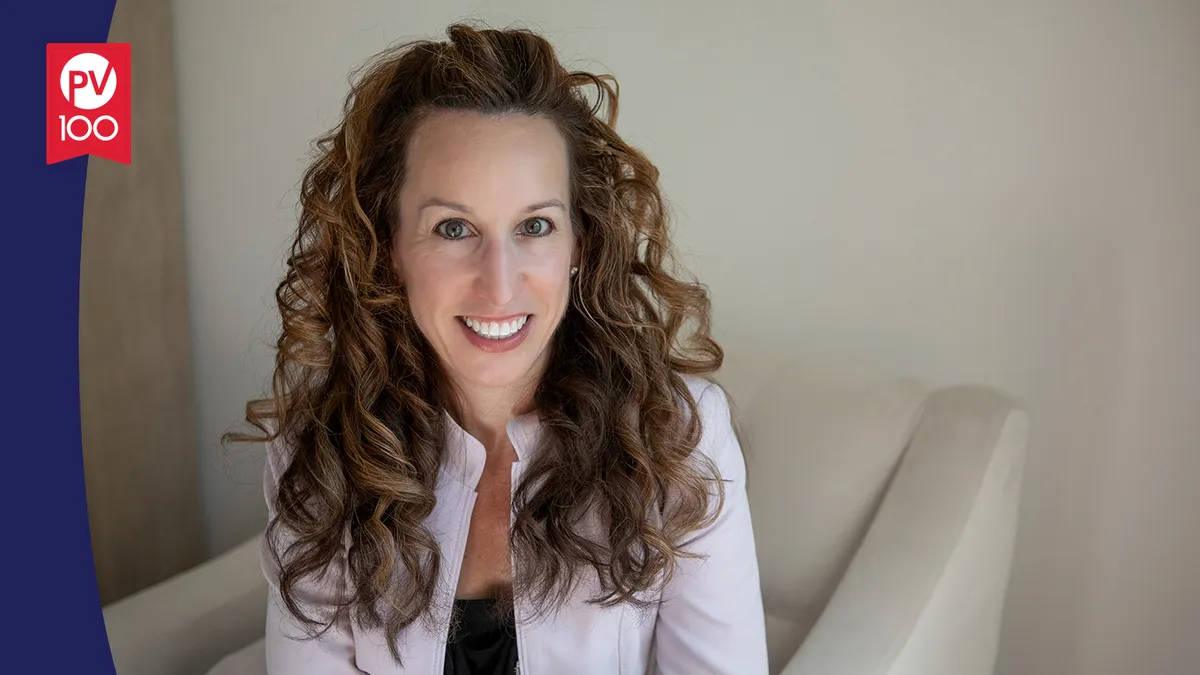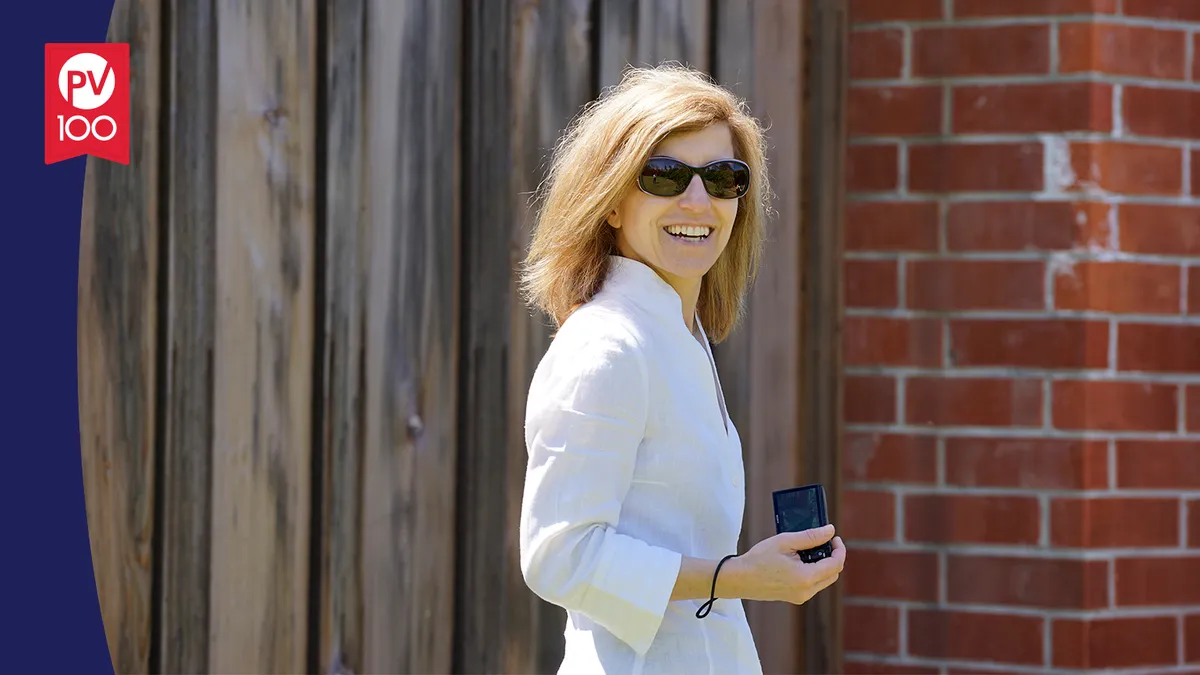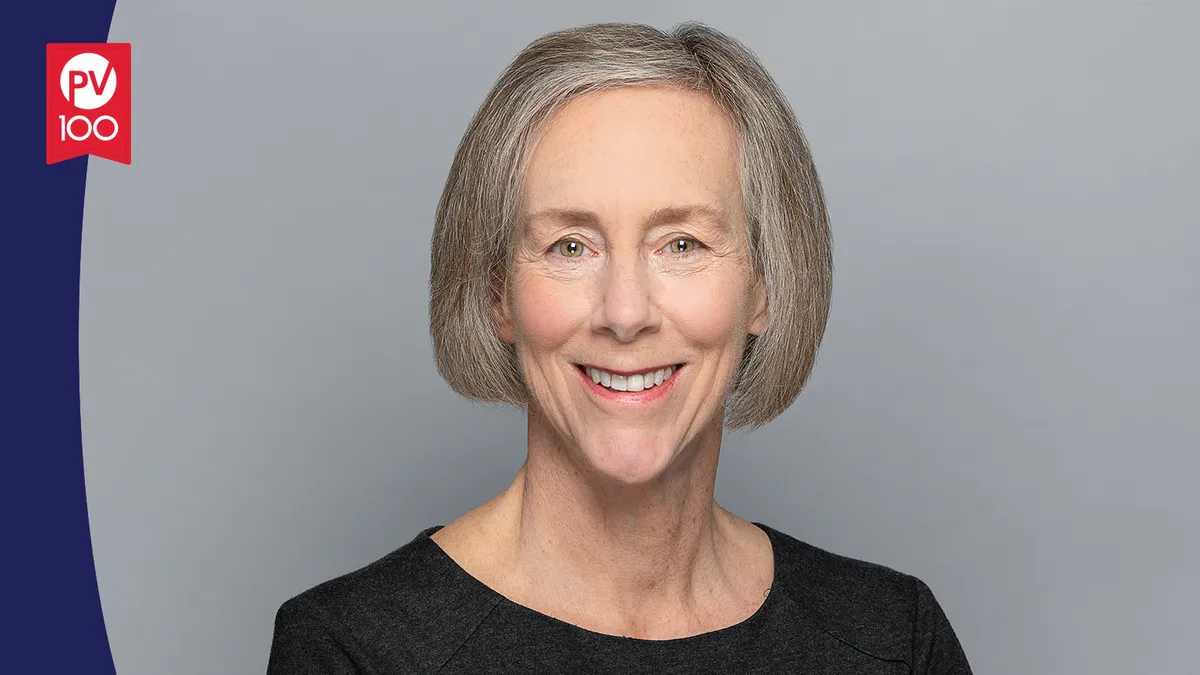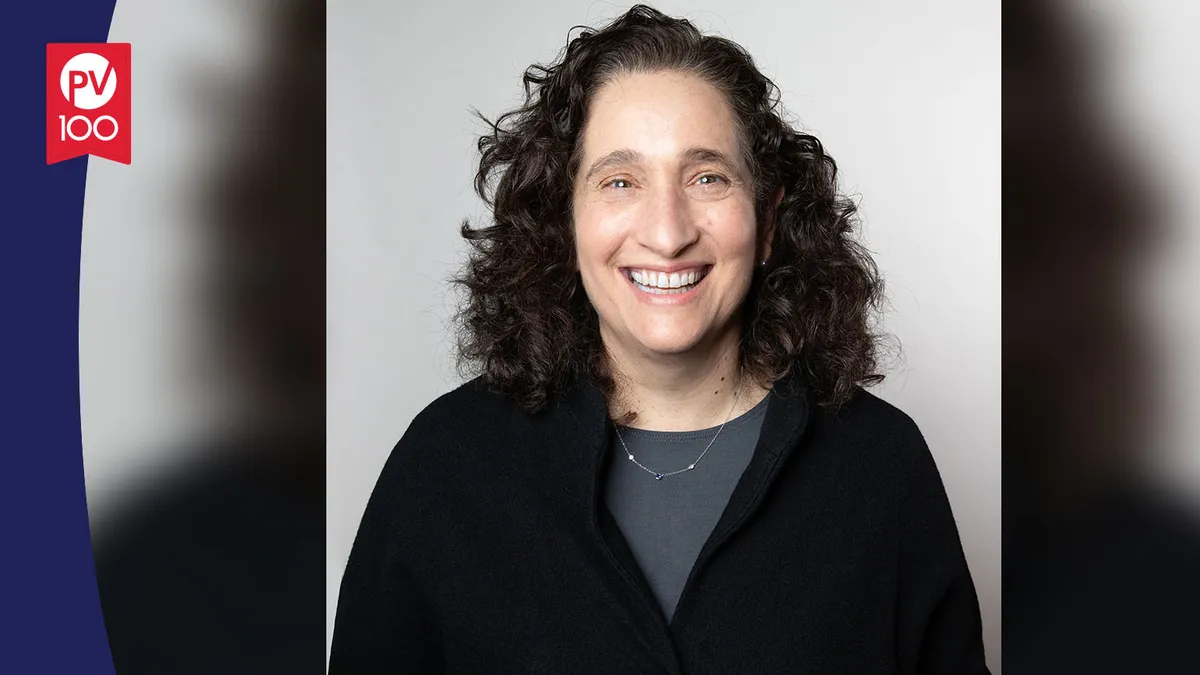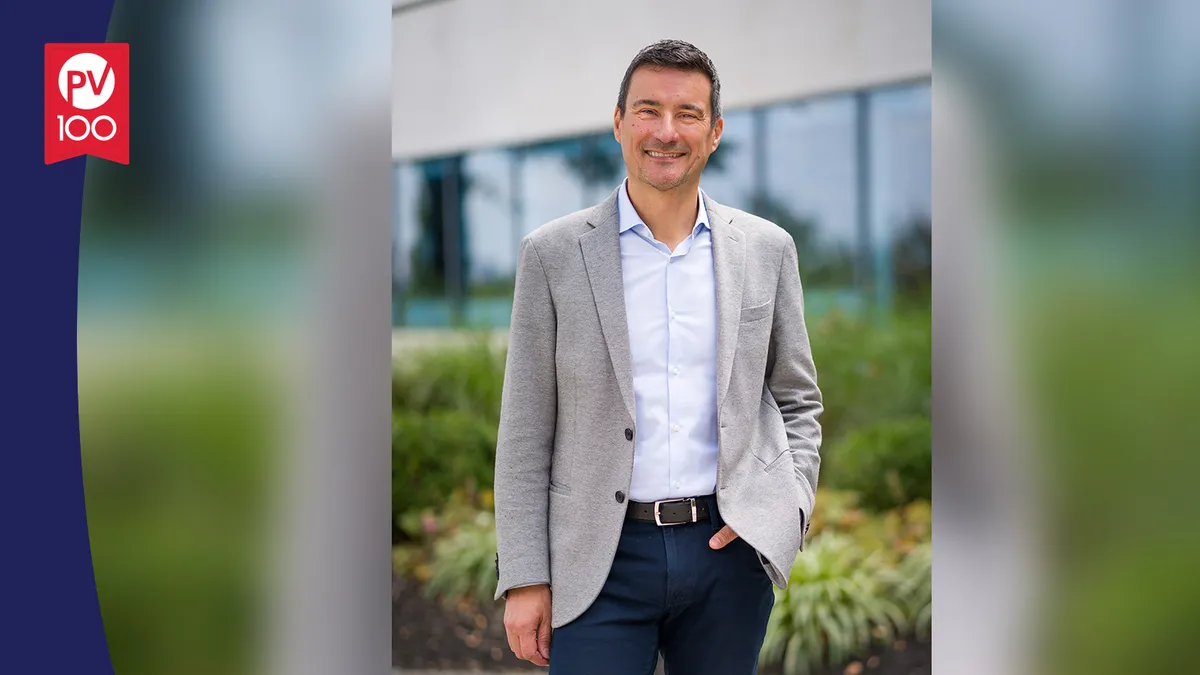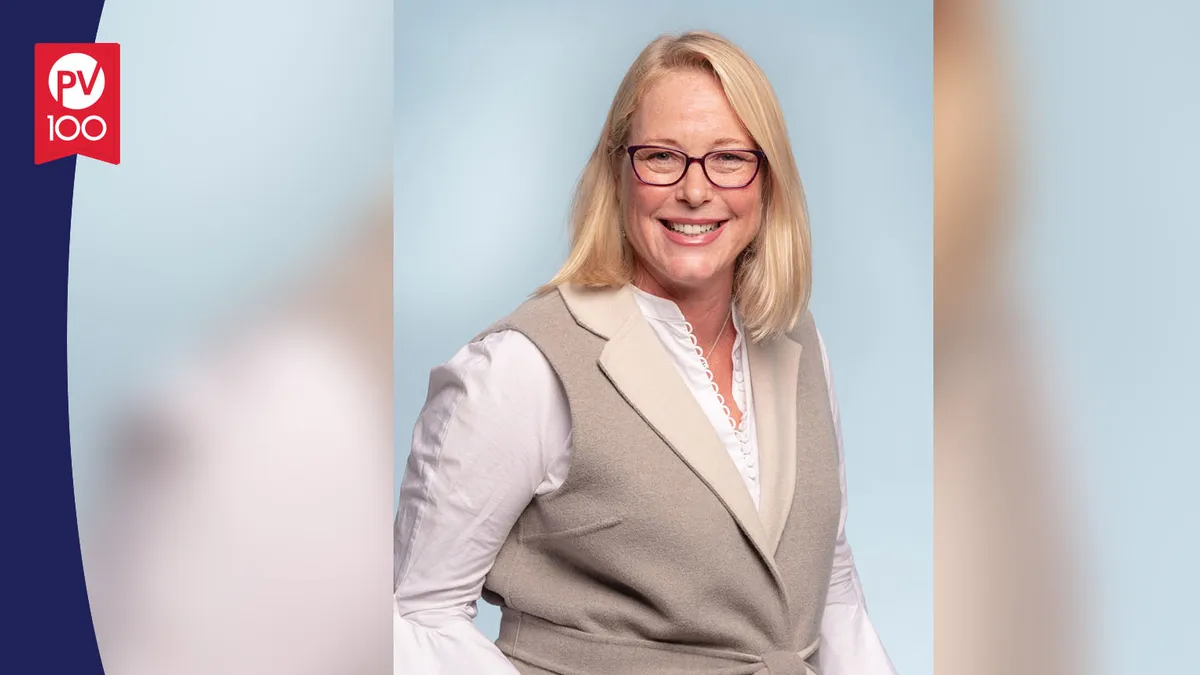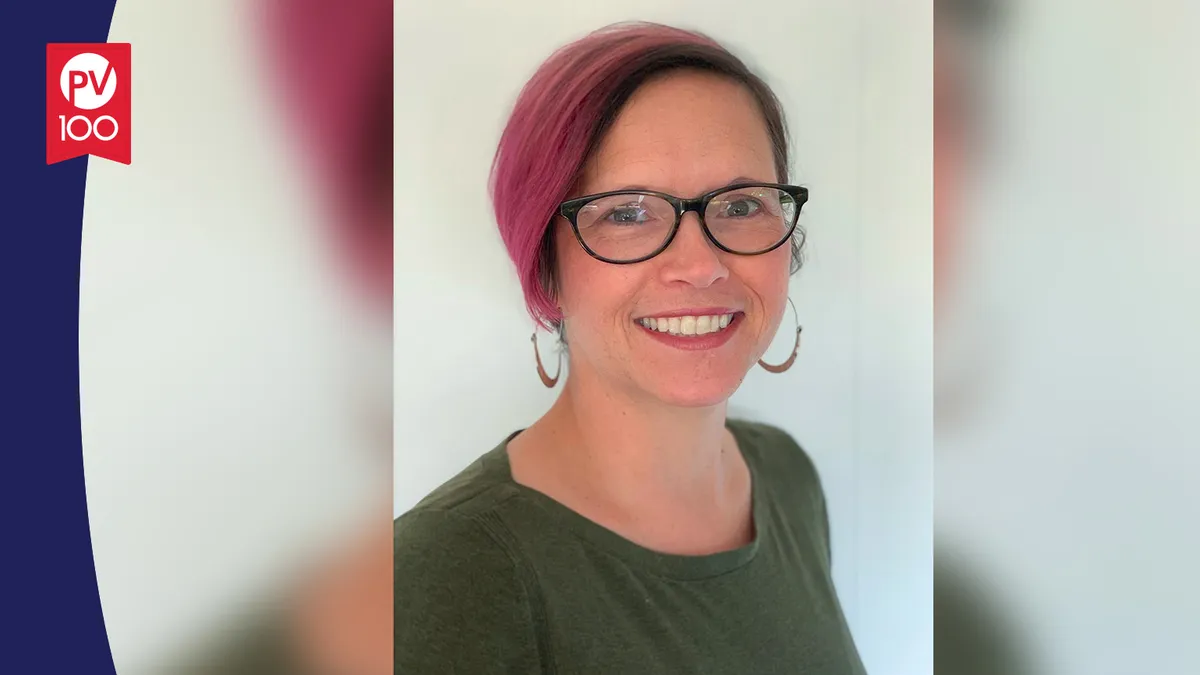Editor’s note: This story is part of our 2022 PharmaVoice 100 feature.
The pharma industry is full of execs who were initially inspired to pursue a career in healthcare after seeing a doctor in action. But not many can say this interest stemmed from up-close encounters with a doctor from the von Trapp family — the family who formed a singing group together and were the inspiration behind “The Sound of Music.”
When Dr. Pam Diamond was growing up in a tiny Rhode Island town, her parents fought chronic health conditions for years while being cared for by Dr. Rupert Georg von Trapp — the oldest of the original seven Austrian von Trapp children who formed the Trapp Family Singers with their parents, Georg and Agatha.
“I was inspired to make medicine my career from witnessing Dr. von Trapp make such a difference in the lives of both my parents,” Diamond says. “He was a superb clinician.”
Diamond had her first encounter with disparities in expectations when she told her high school guidance counselor that she wanted to go to medical school, but was encouraged to pursue nursing instead. Of course, Diamond didn’t listen and not only succeeded in medical school, she soared, breaking down barriers as the only woman in her general surgery internship and then as the only woman resident during the last two years of her otolaryngology training.
After practicing medicine for almost 30 years, Diamond “decided she wanted to make a broader impact on healthcare by modernizing clinical trials,” her nominator says.
Seeing opportunities to innovate in the field, Diamond co-launched Curavit Clinical Research in 2019. The timing could not have been more challenging — and more apt. Although the pandemic brought clinical trials to a halt around the world, Curavit emerged with digital solutions just in time, becoming the first all-virtual contract research organization (VCRO). According to her nominator, there were only 617 decentralized clinical trials (DCTs) with a virtual component in 2019. In the space of just three years, that number has now swelled to 1,300 trials.
“And the benefits on clinical trial speed, access and patient diversity — even outcomes — are becoming clear,” her nominator says. “Maybe as important, the adoption of DCTs has opened a new level of innovative thinking in how clinical research gets done.”
“Undoubtedly, COVID-19 helped DCTs gain acceptance among sponsors, investigators and participants. But now stakeholders are seeing the incredible advantages of this new digital model to drive acceptance post-pandemic and beyond.”
Dr. Pam Diamond
Chief medical officer, co-founder, Curavit Clinical Research
To stay successful in the quickly evolving space, Diamond says she has relied on decisive thinking.
“DCTs rely heavily on technology,” she says. “If trial design decisions are not made expeditiously, the originally proposed technology solutions could become obsolete.”
DCTs have not only brought more speed and efficiency into the trial space, they’ve also been a boon for patient diversity. Diamond’s nominator notes that Black patients comprise just 5% of the research population, even though they account for 13.4% of the total population in the U.S. Yet, Diamond believes virtual DCTs may help level the research field — just one of several key advantages DCTs bring.
“DCTs provide greater access to trials, reduce trial budgets, improve population representation in trials and make rare disease research dramatically more feasible,” Diamond says.
To date, Diamond’s nominator says one of the company’s most successful efforts has been in remote digital technologies to test a hearing loss treatment developed by a Boston area biotech company.
“[Diamond] and Curavit’s Lead Audiologist, Dr. Rachel Rangel, designed a unique way to record the audiometric evaluations of patients across all sites with the recordings automatically uploaded to a cloud-based platform, accessible to the Curavit team for objective endpoint adjudication,” her nominator writes.
As an “unassuming, behind-the-scenes innovator,” Diamond’s nominator says these new approaches are being pushed forward because Diamond “replaced her white coat for a suit coat” to connect more patients to clinical trials.



